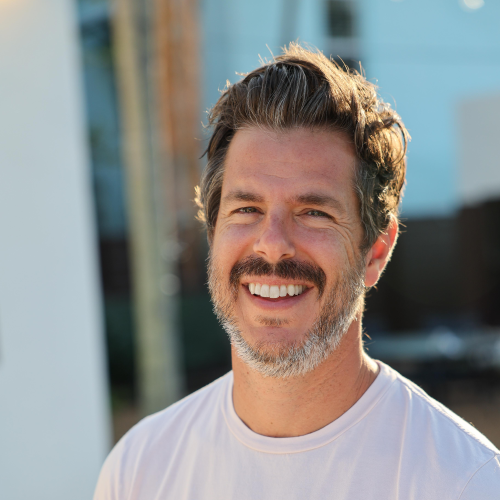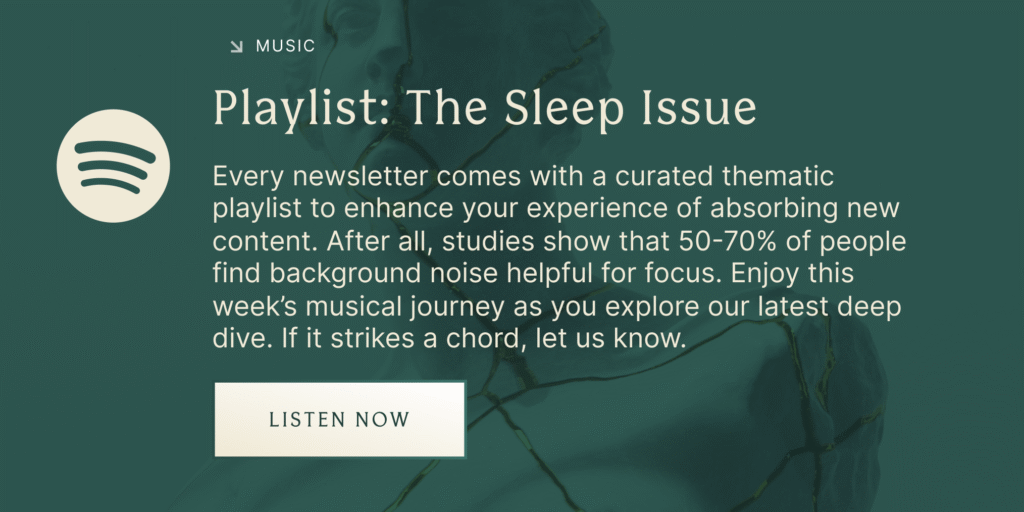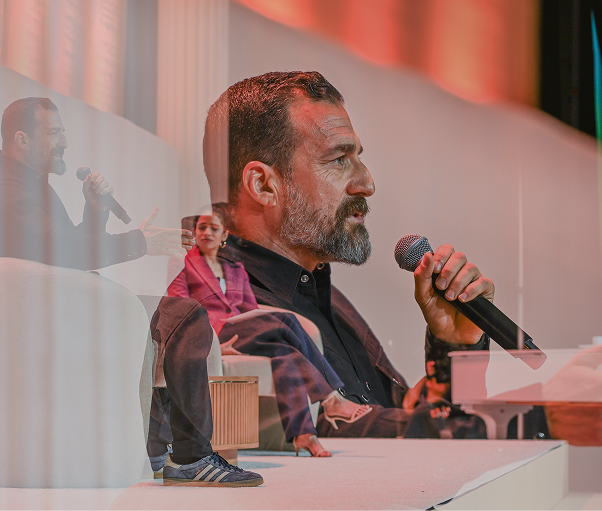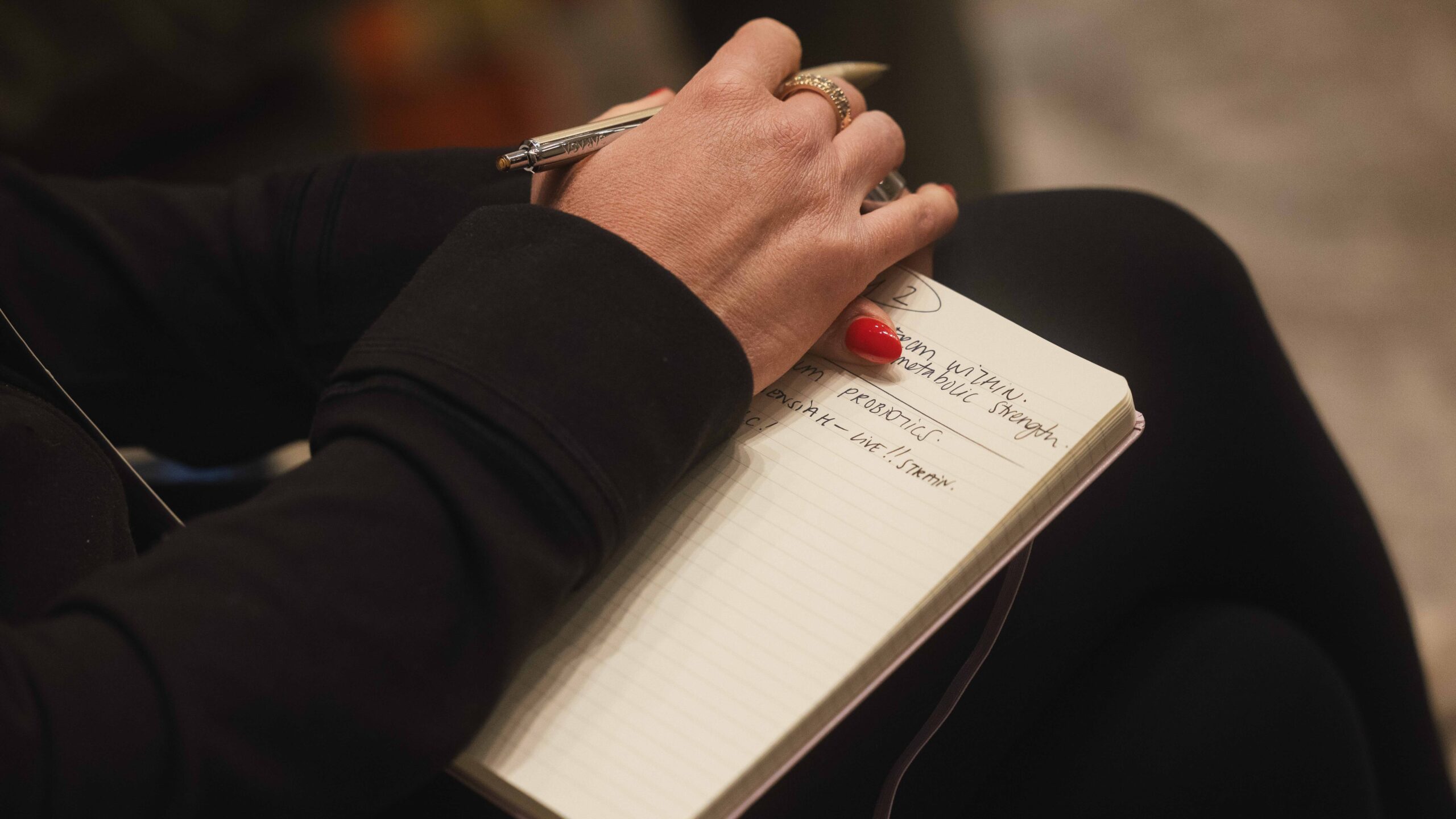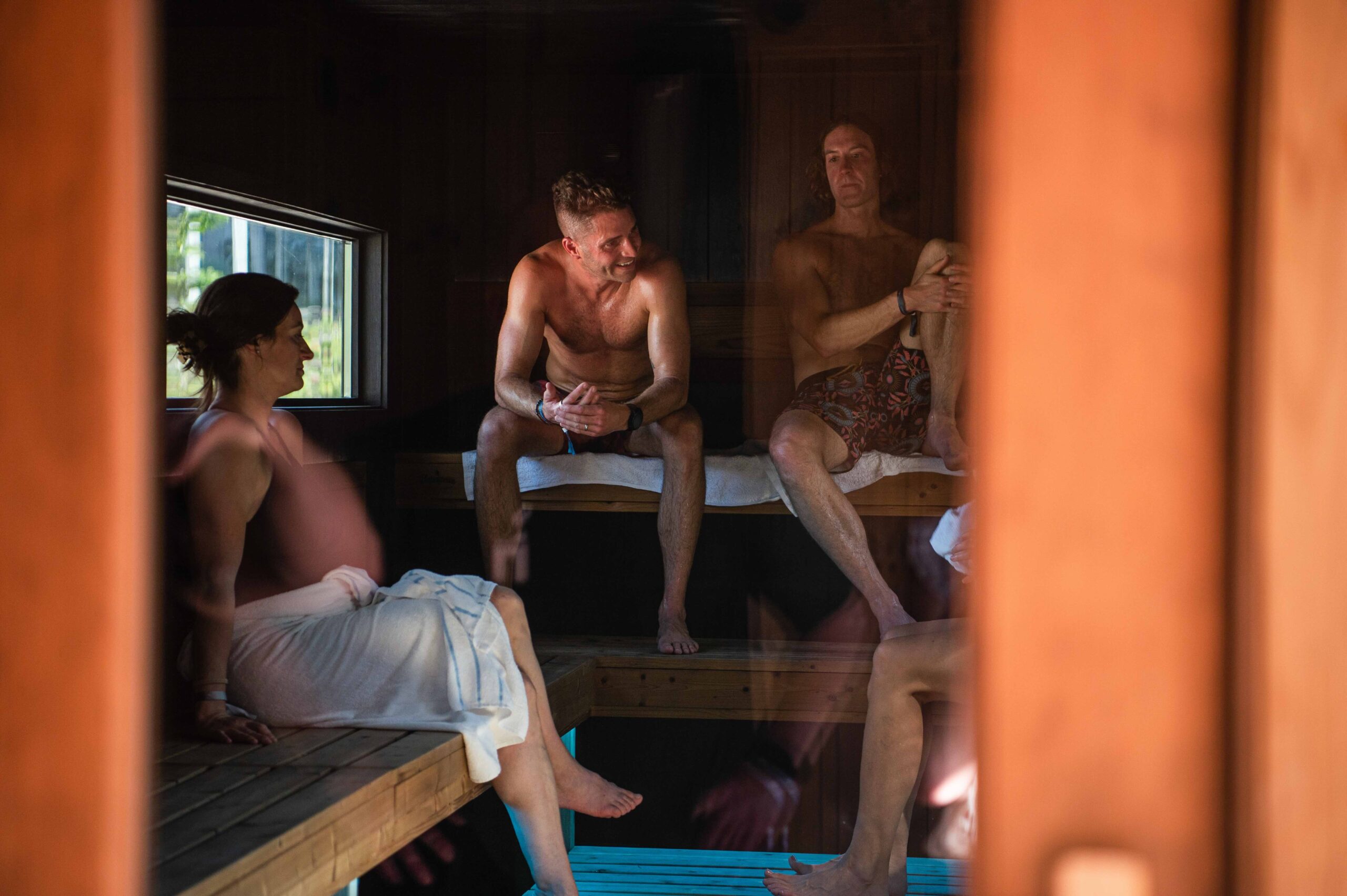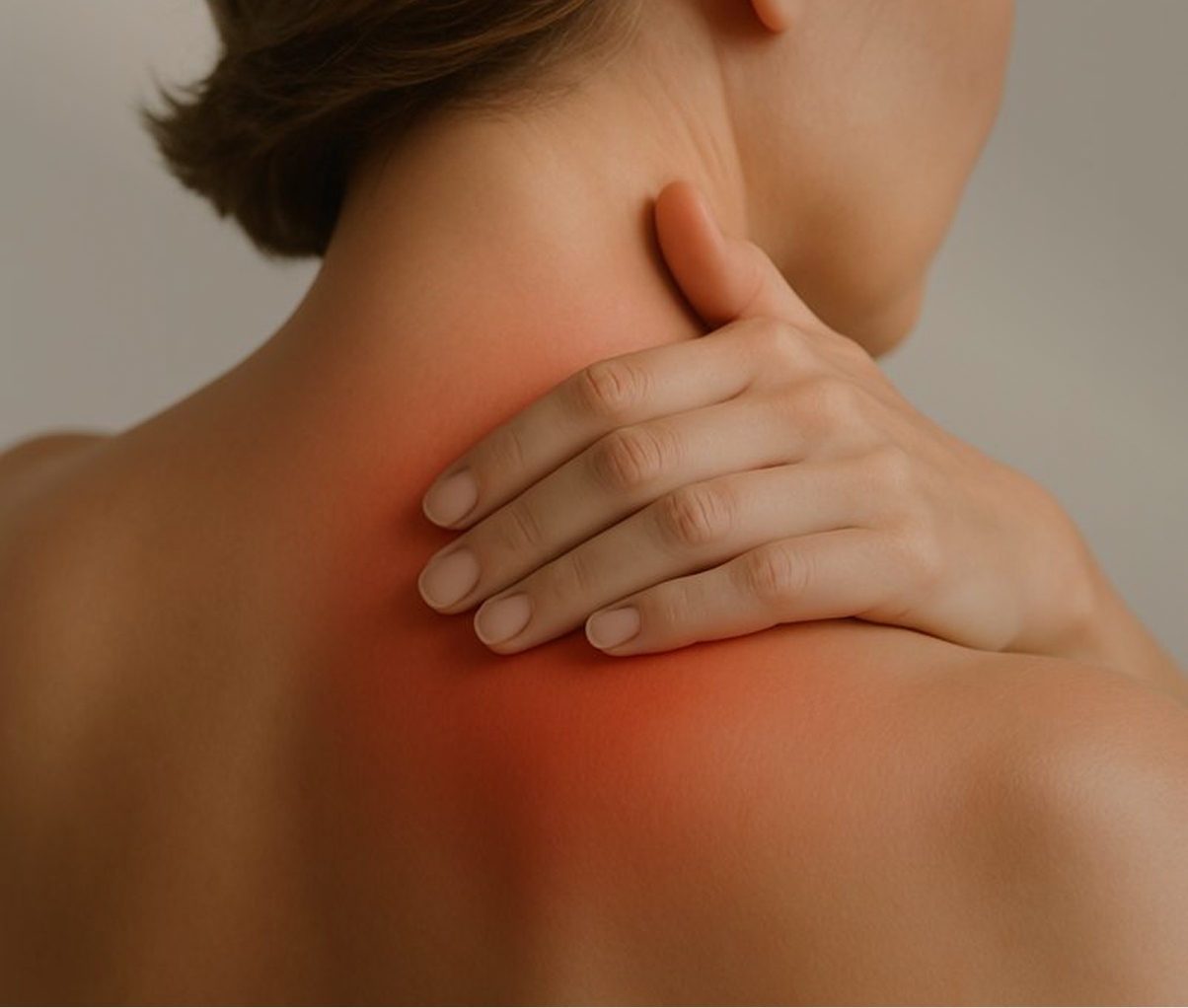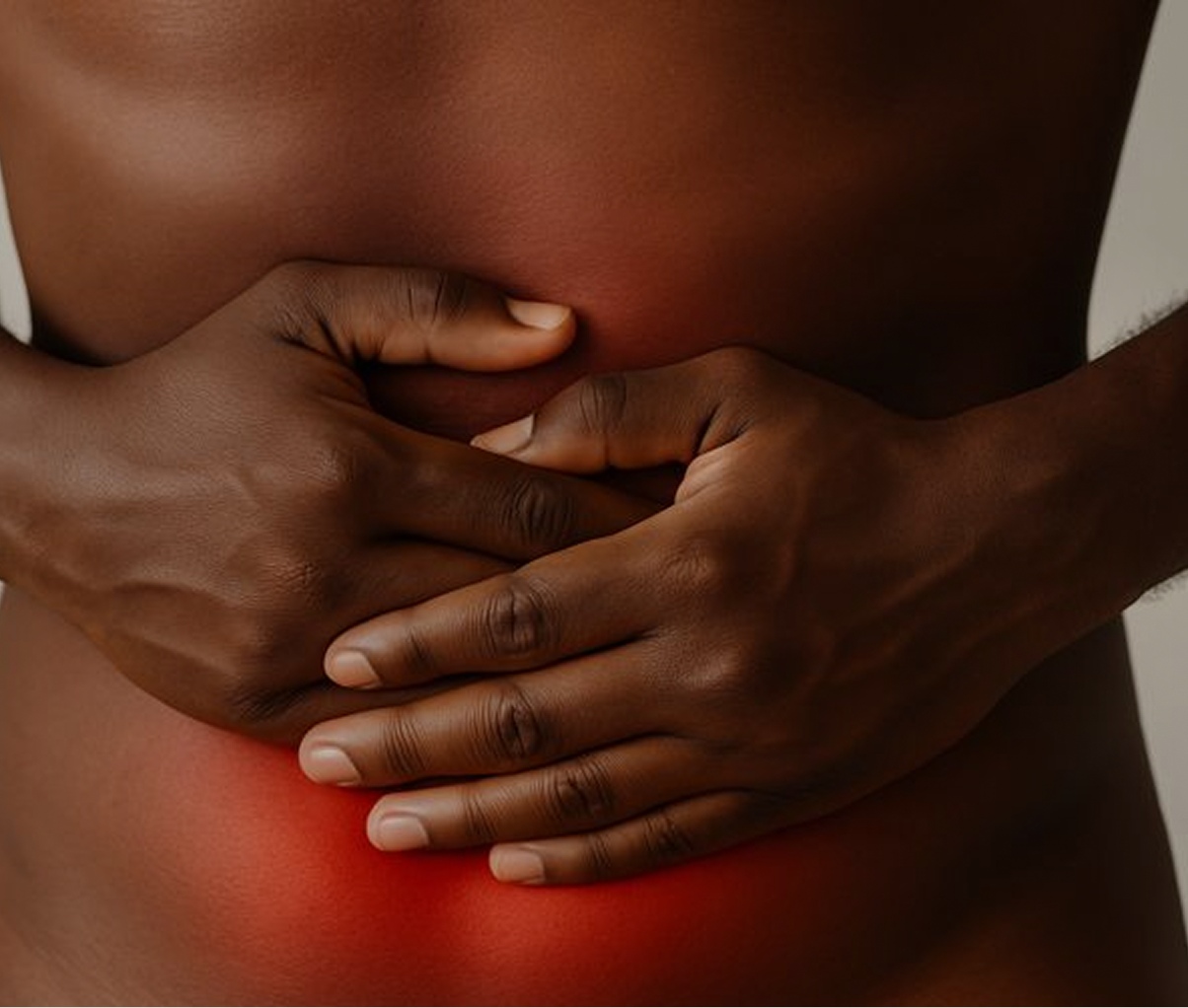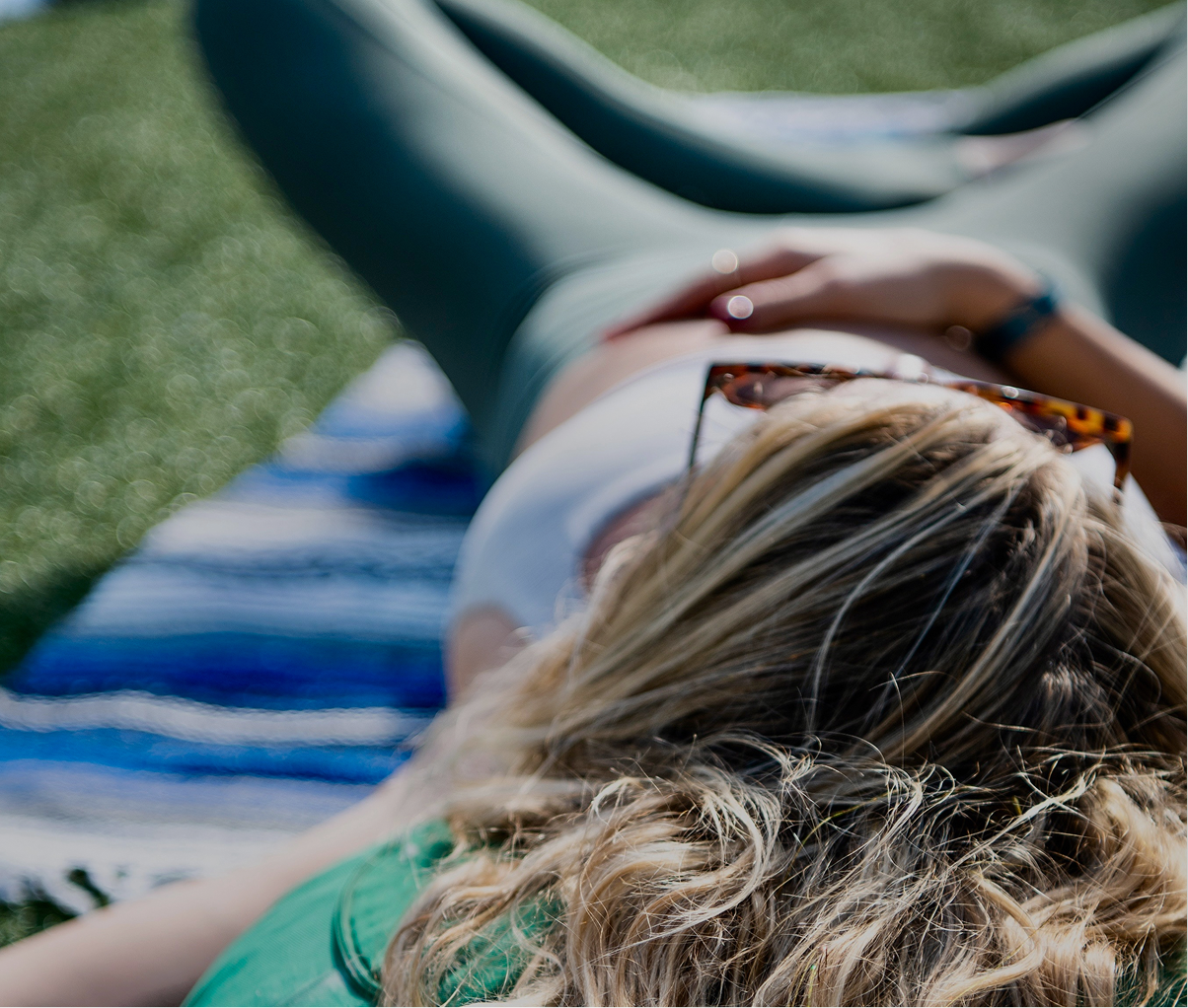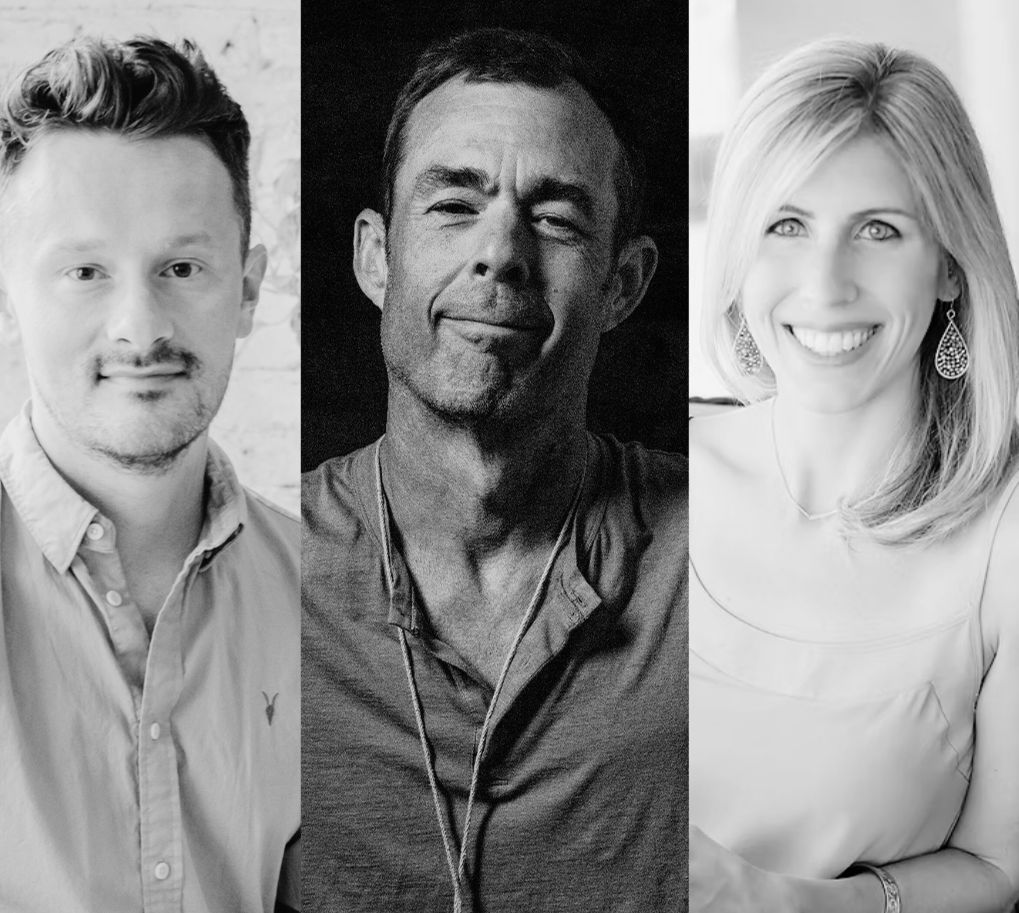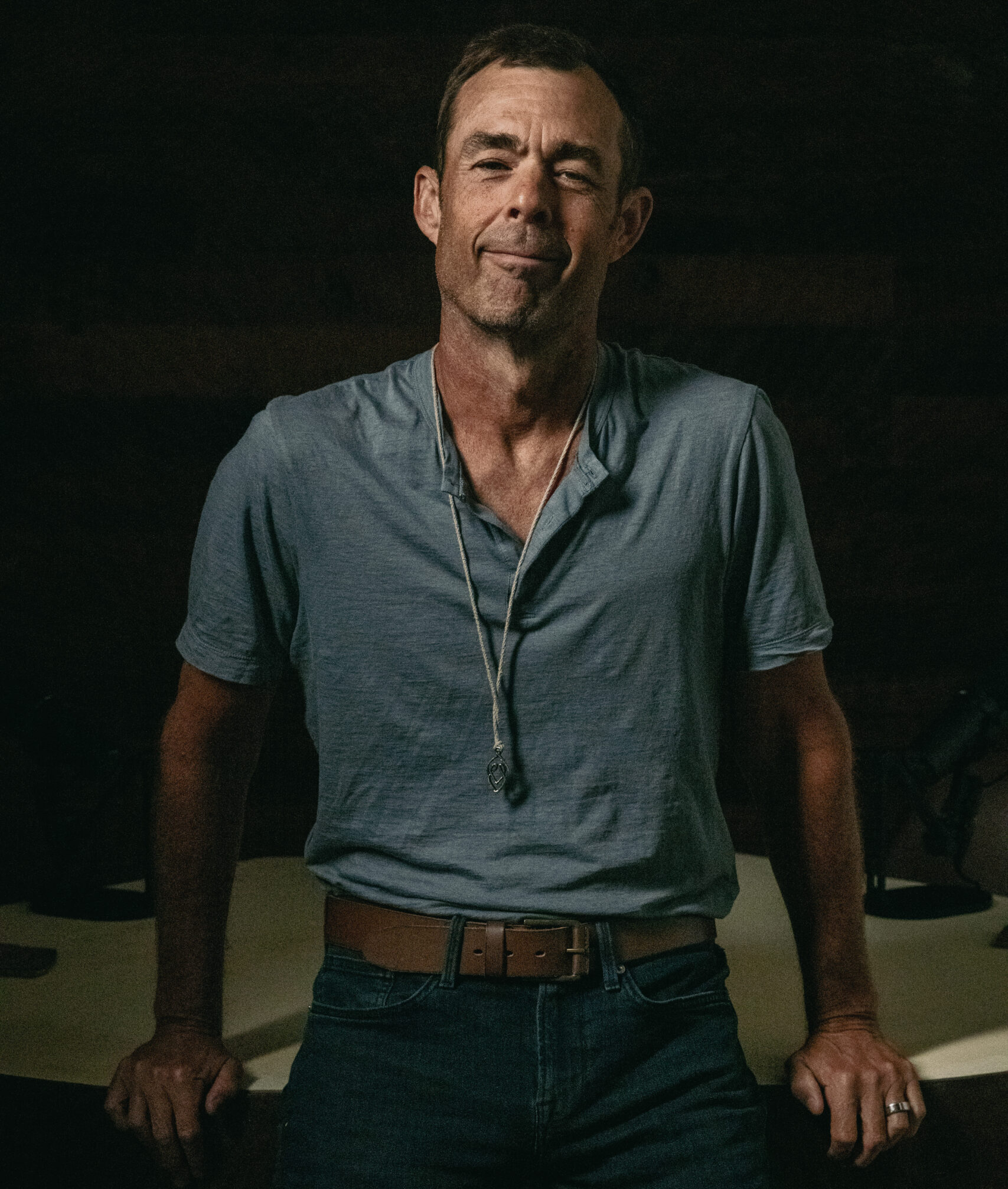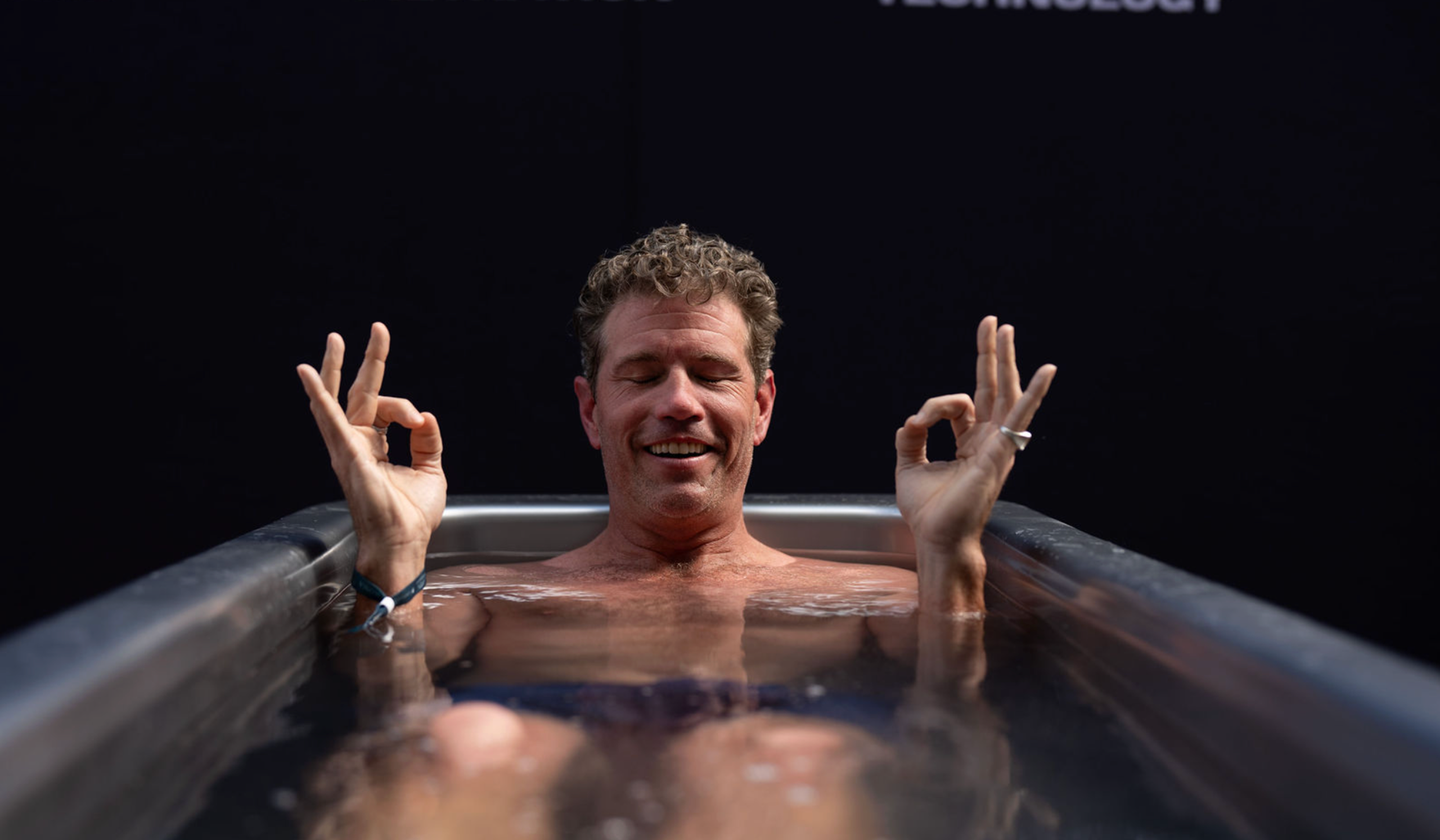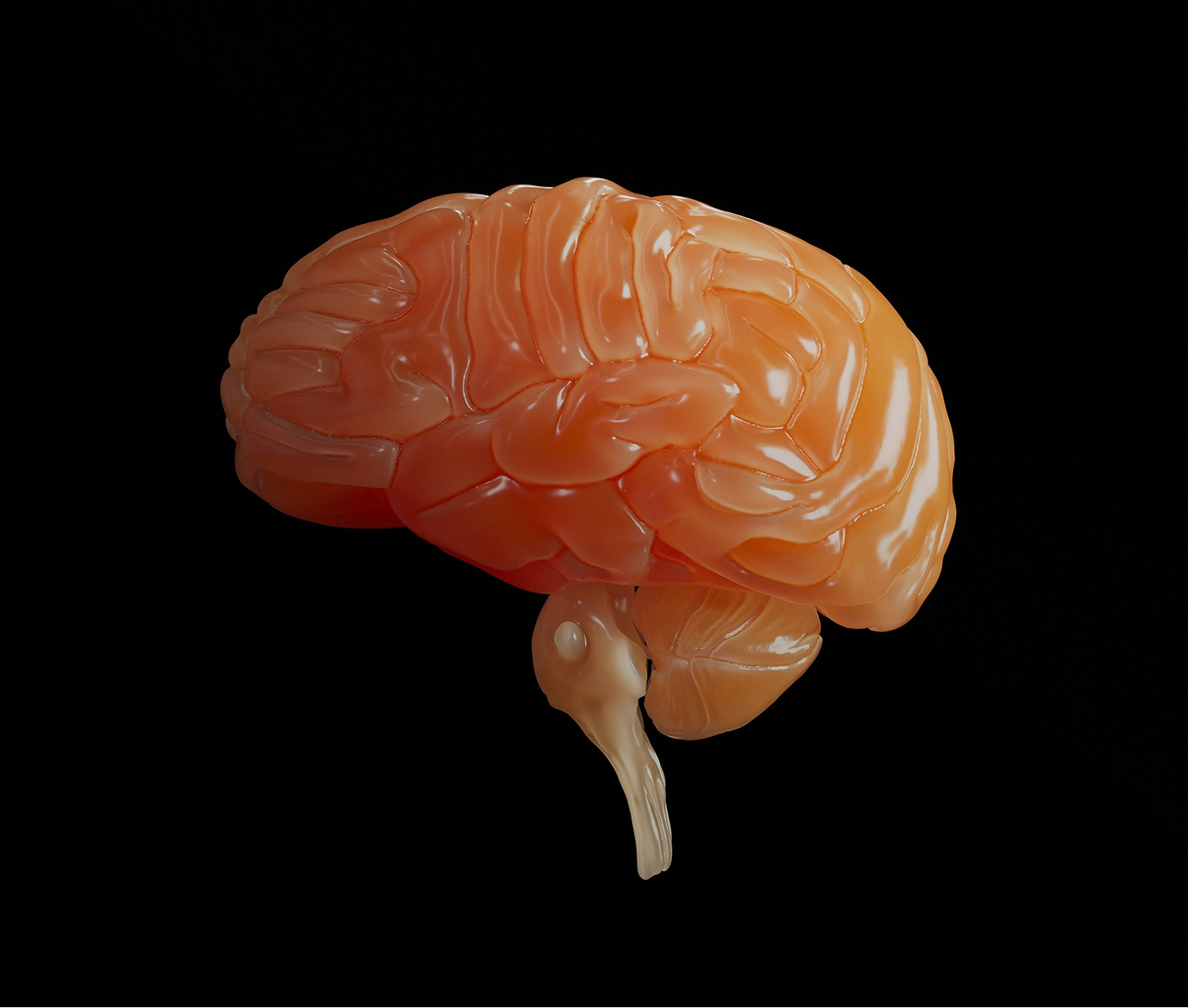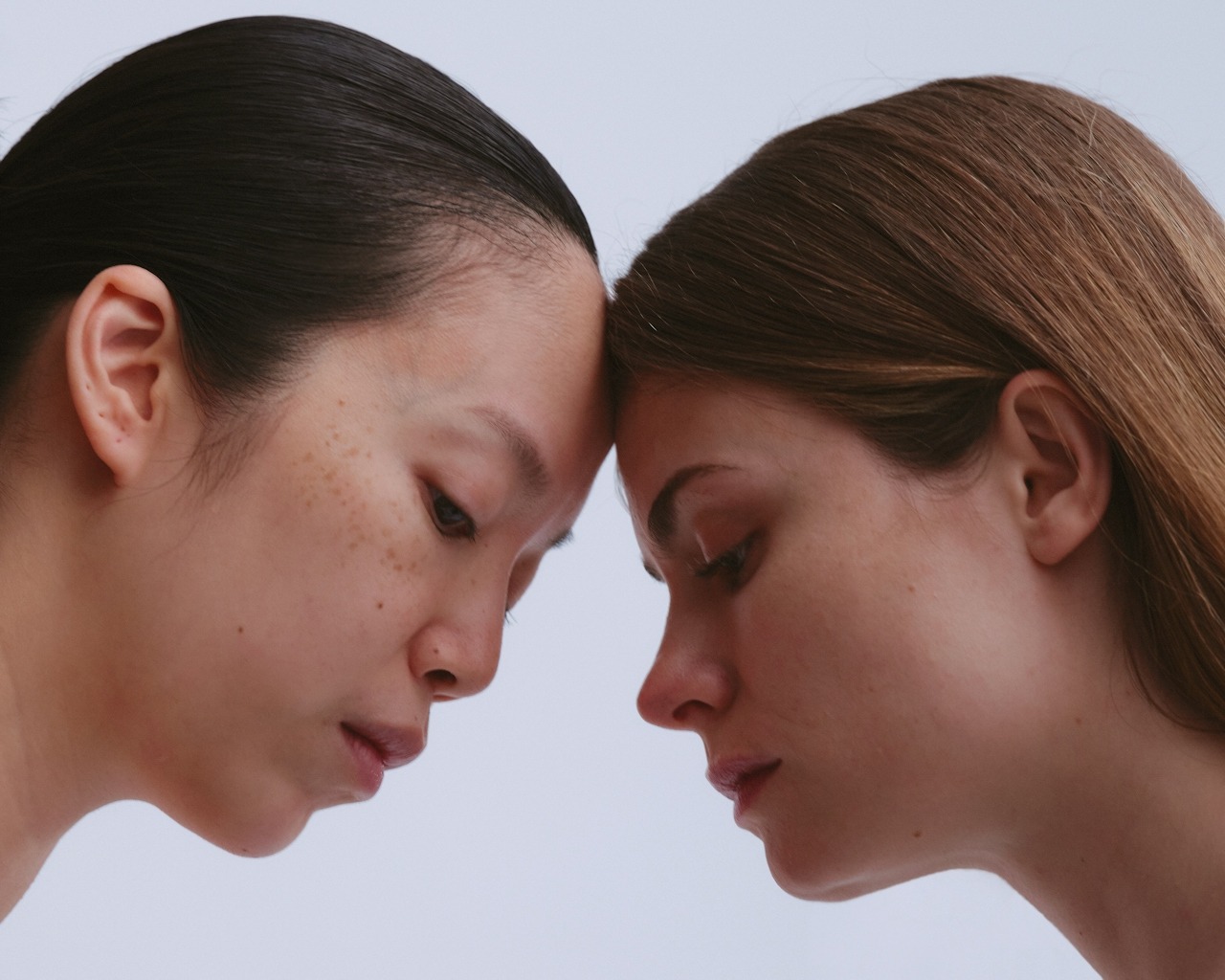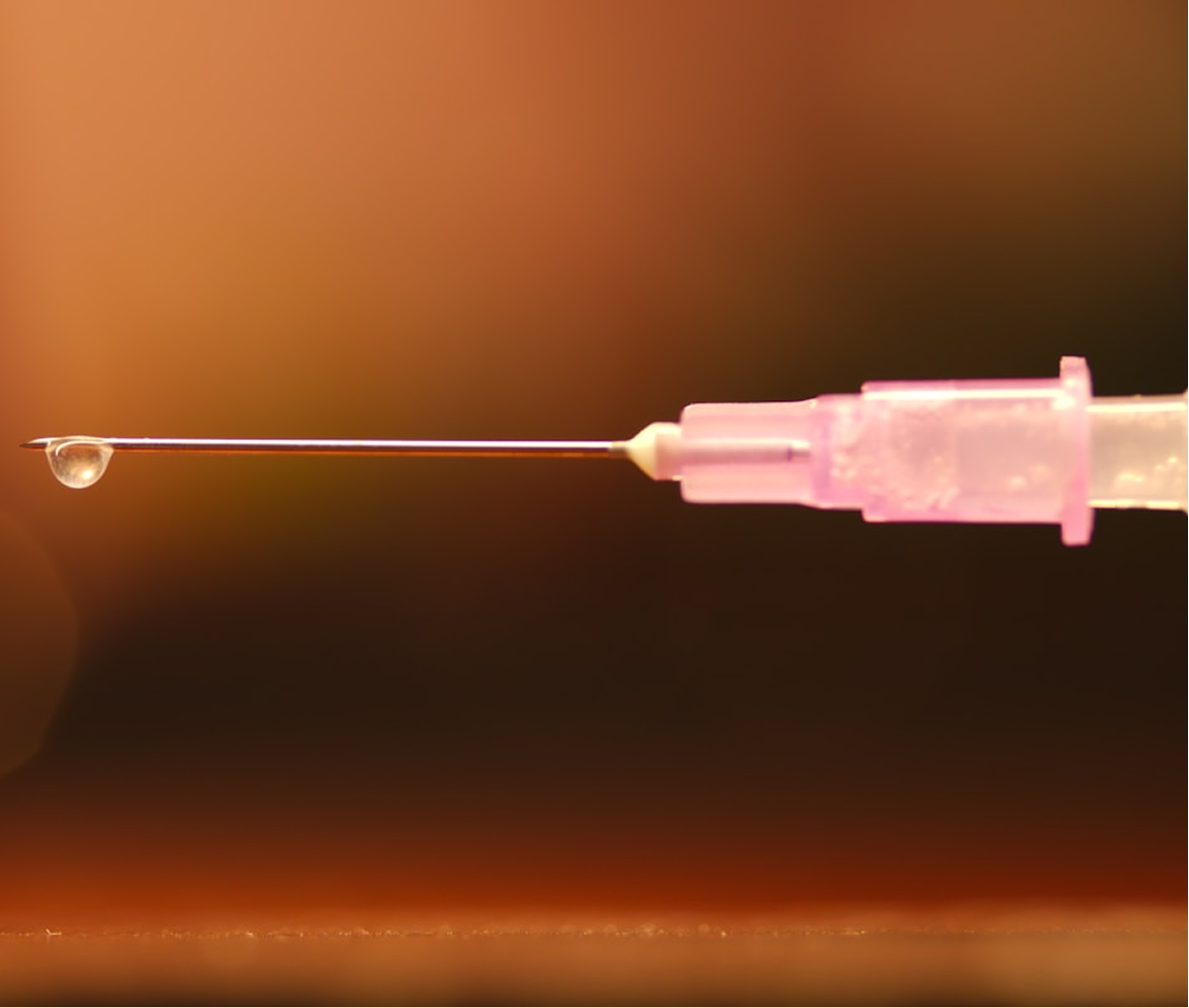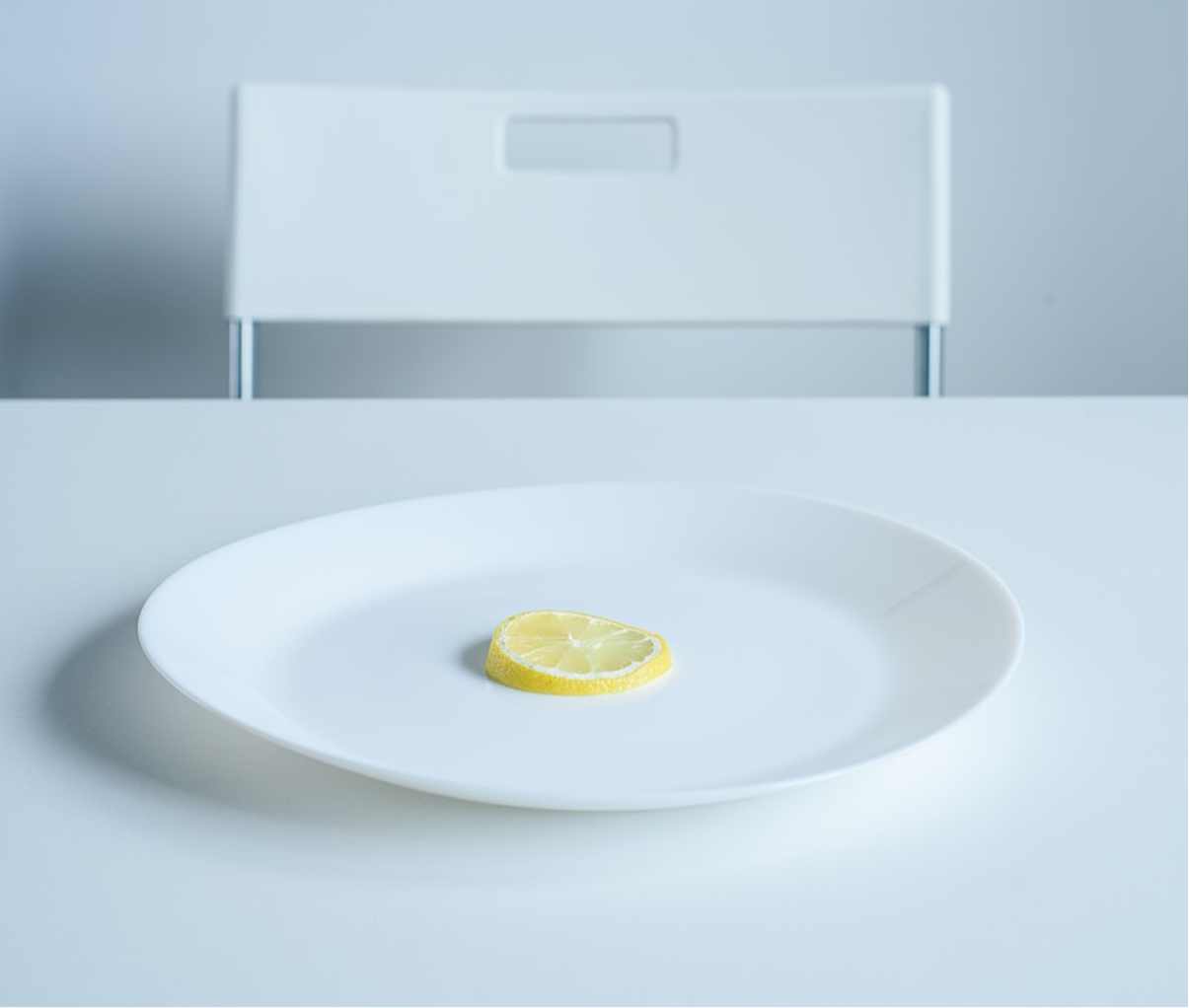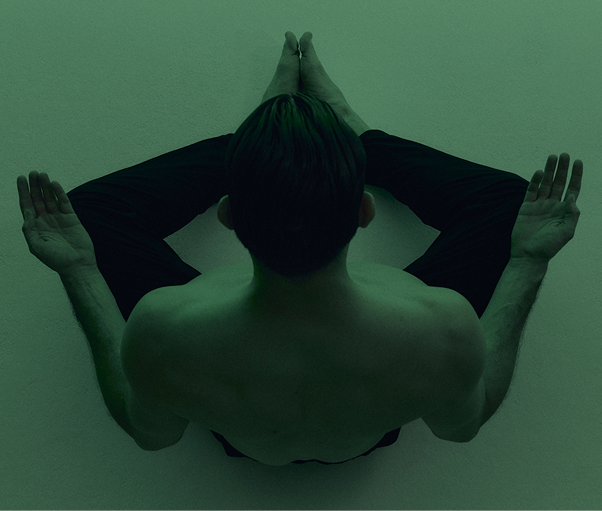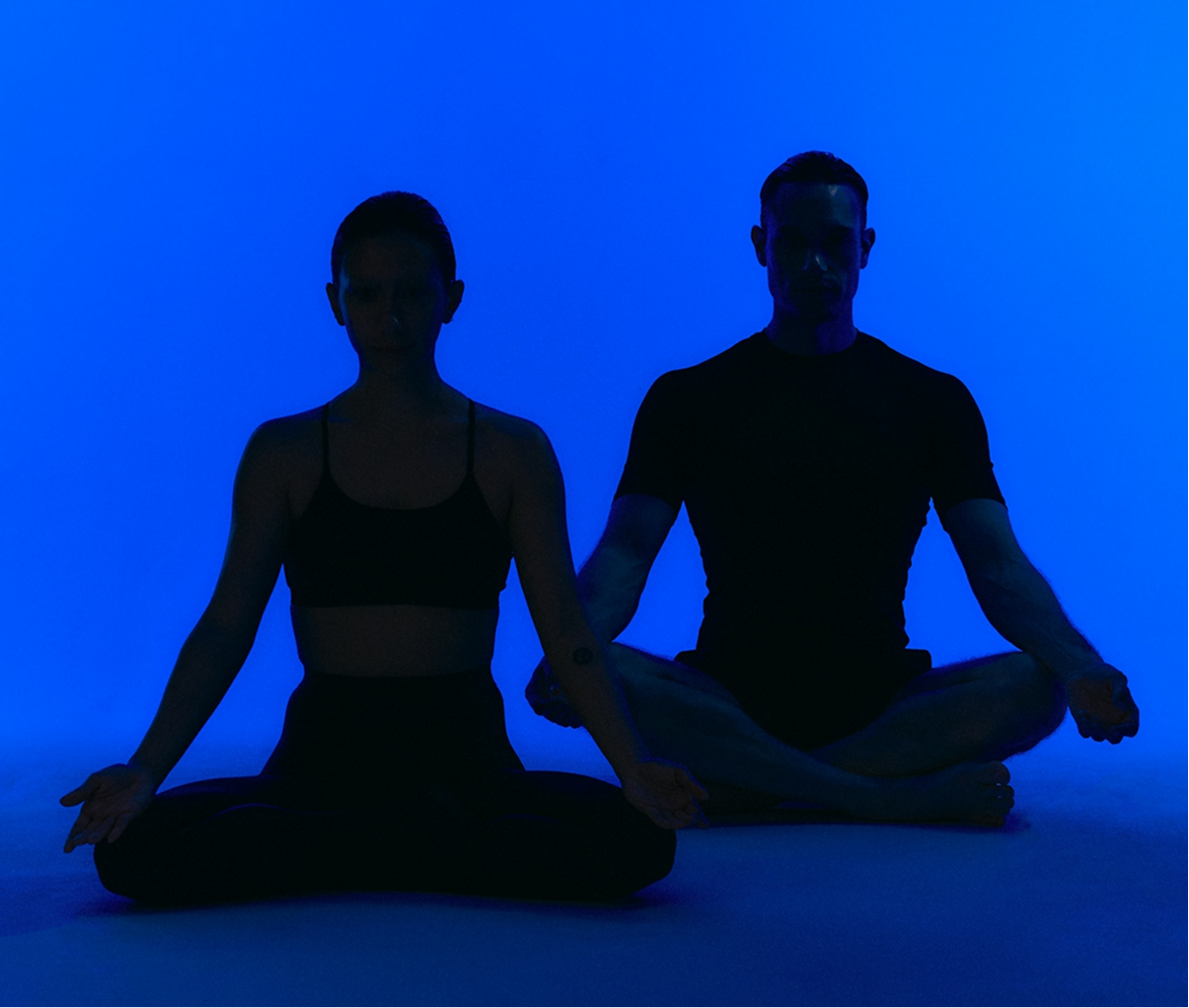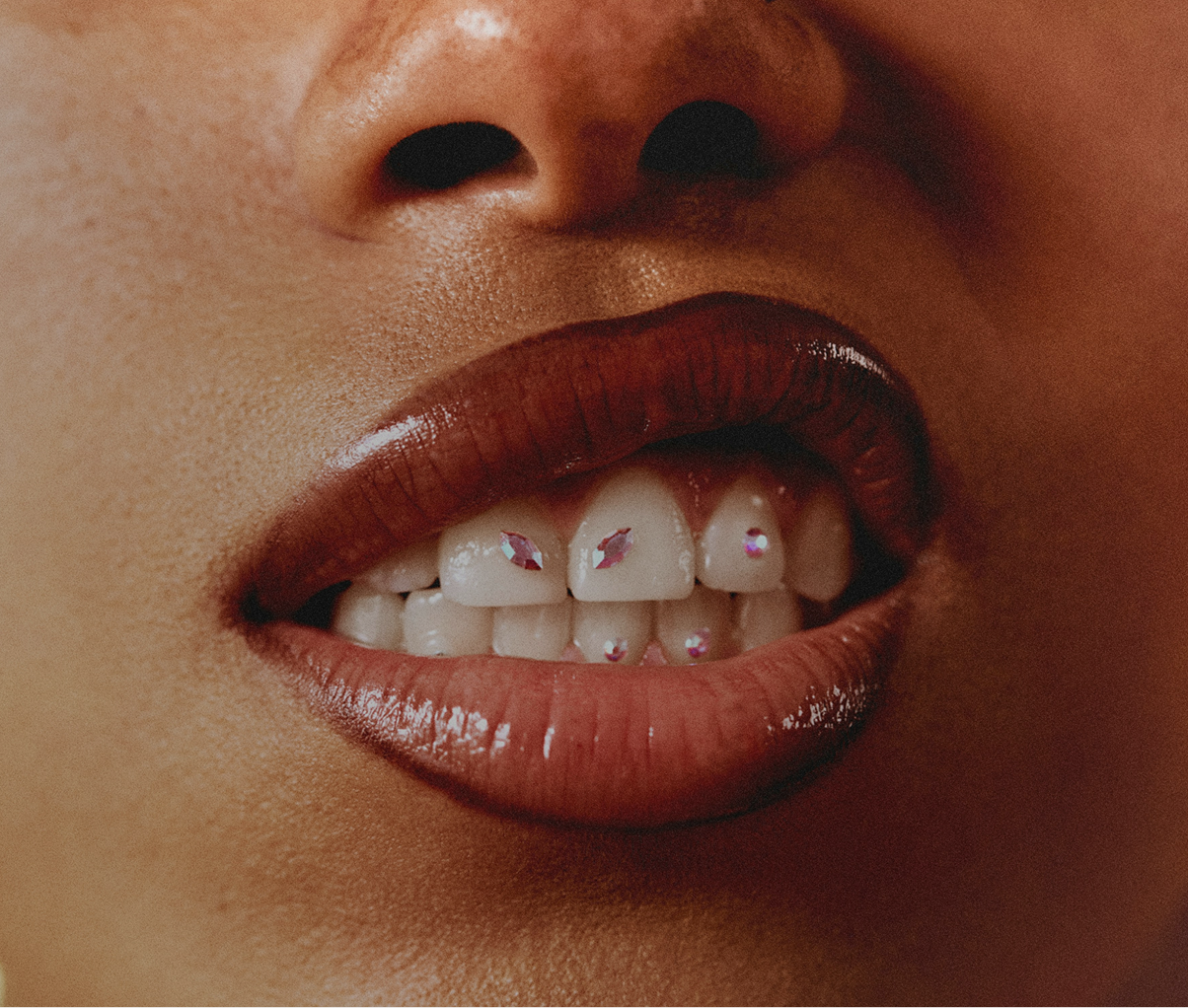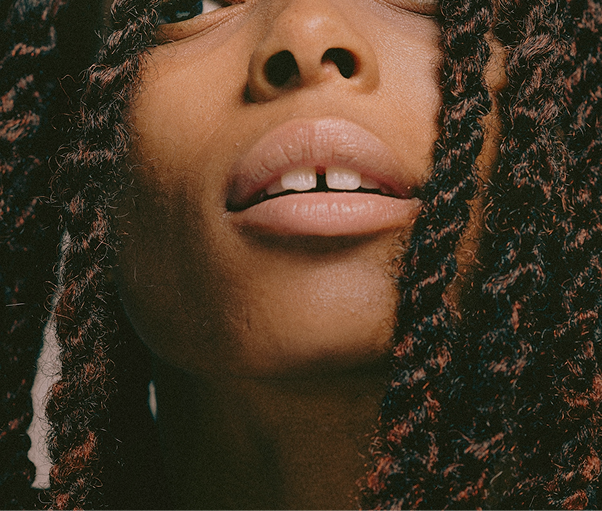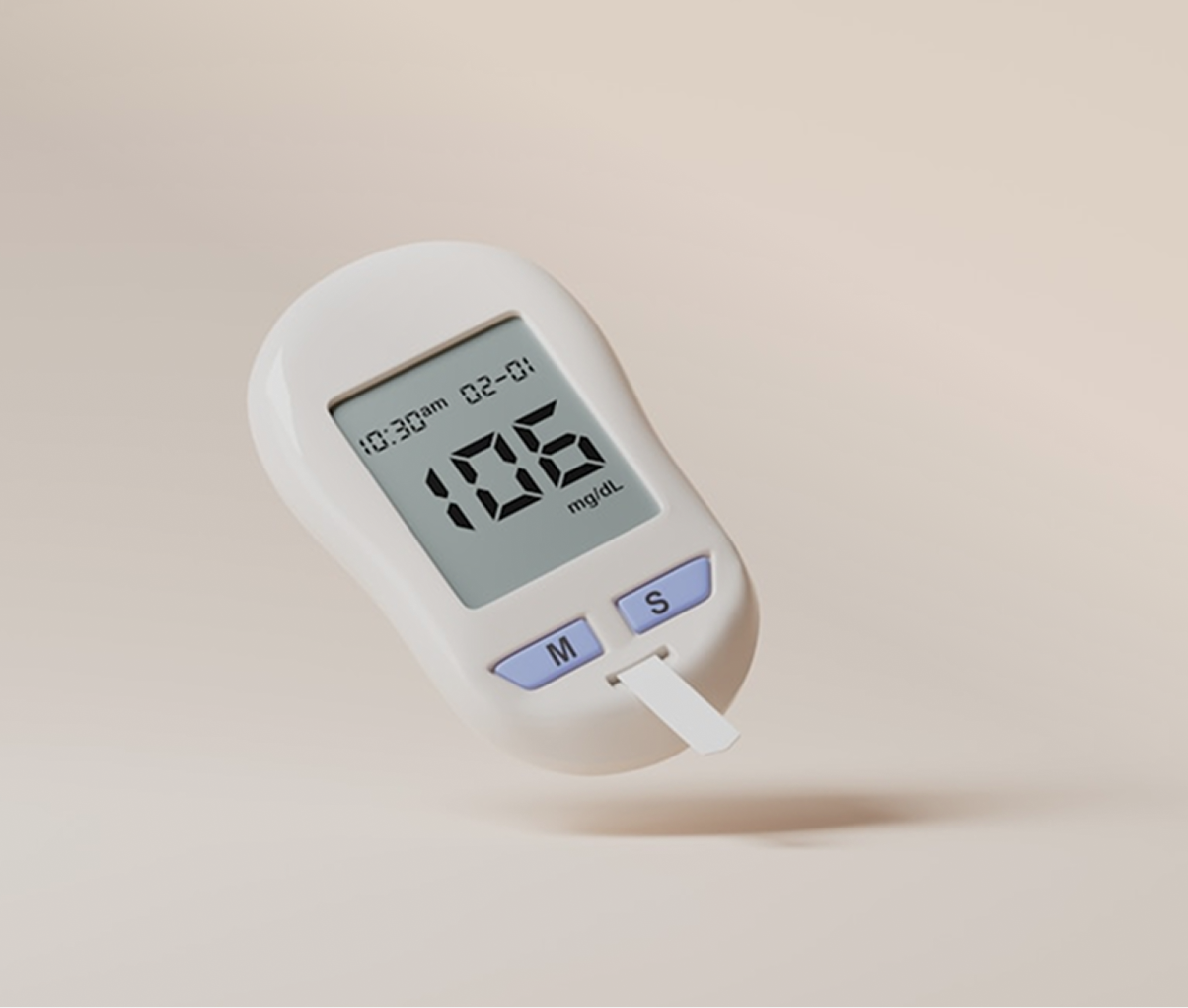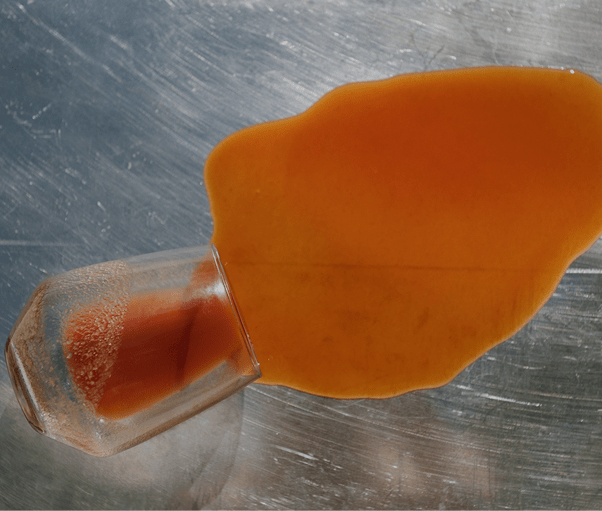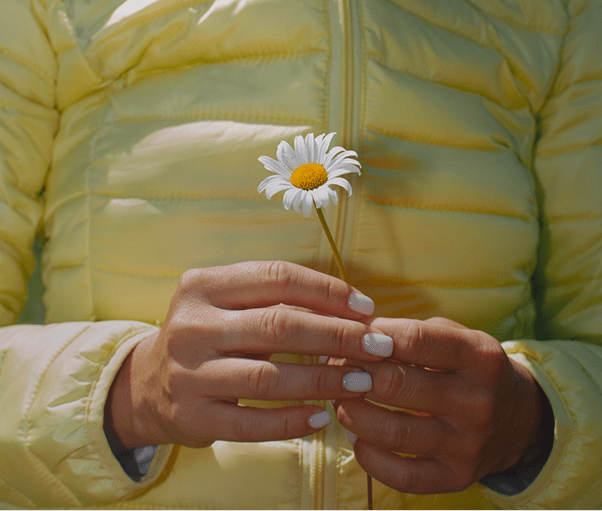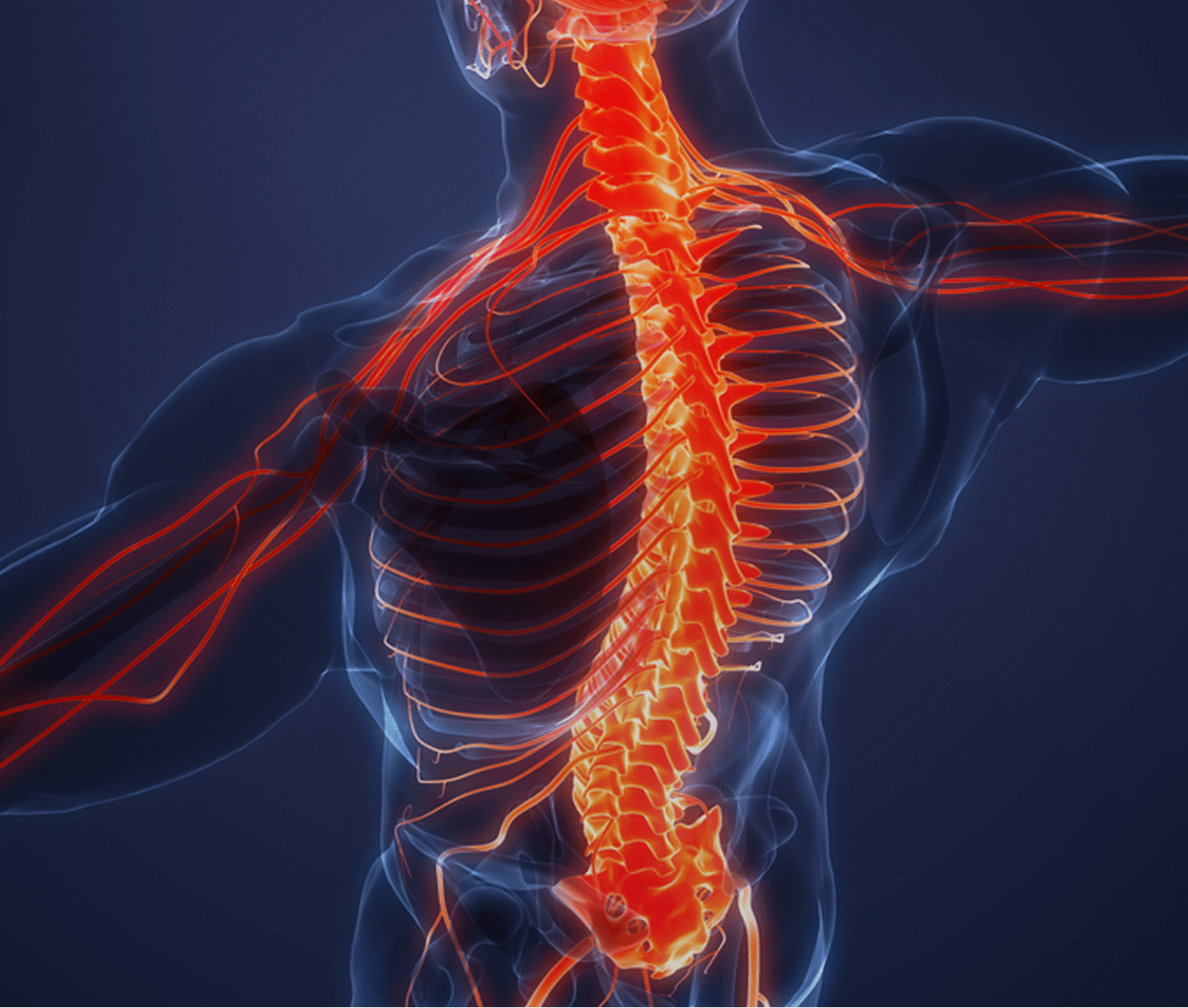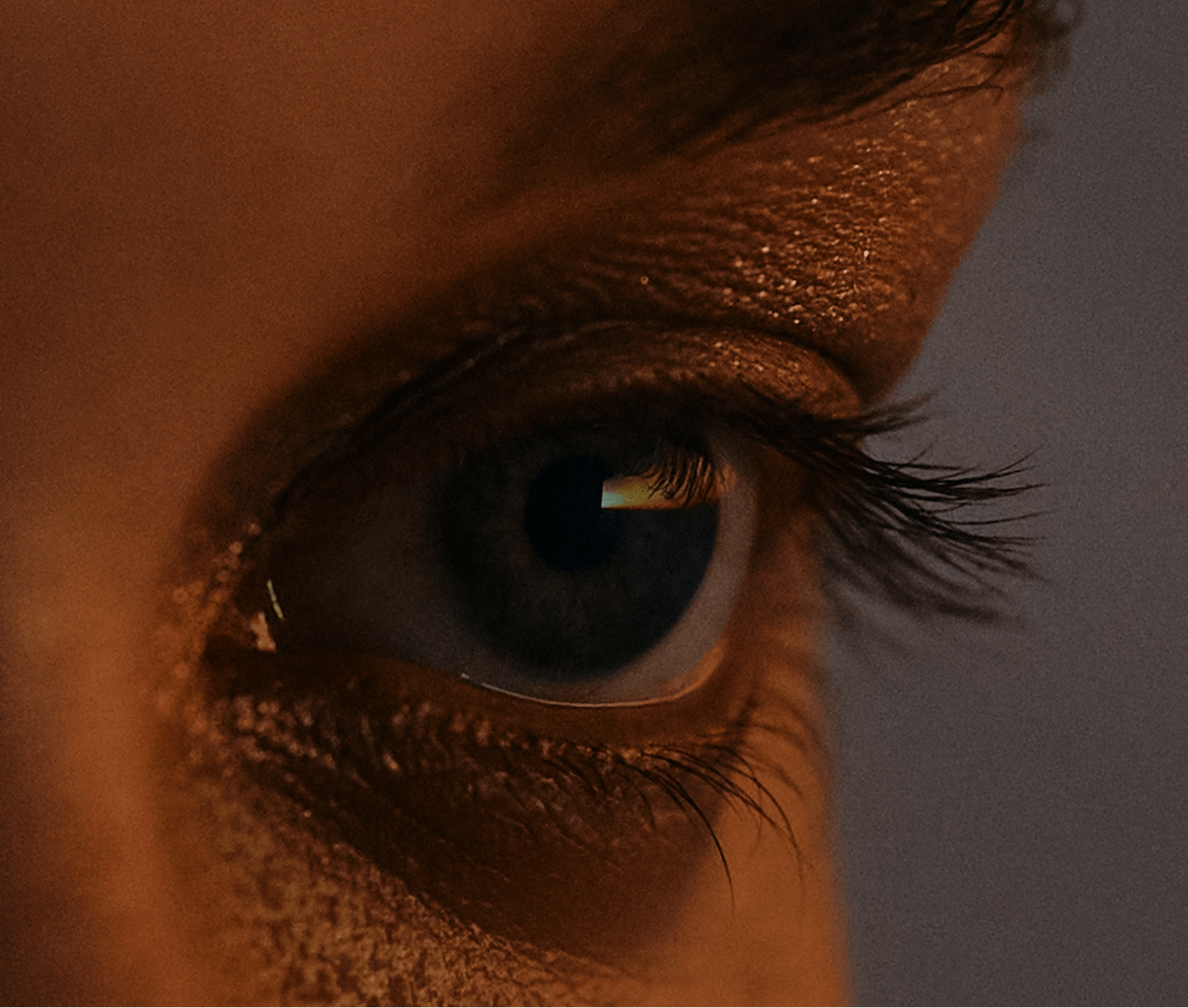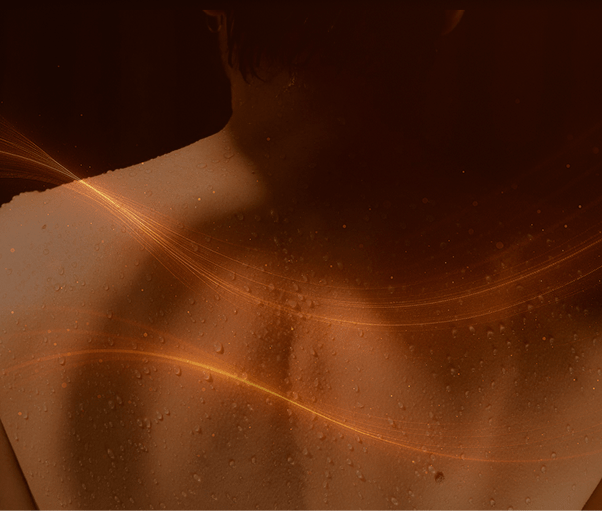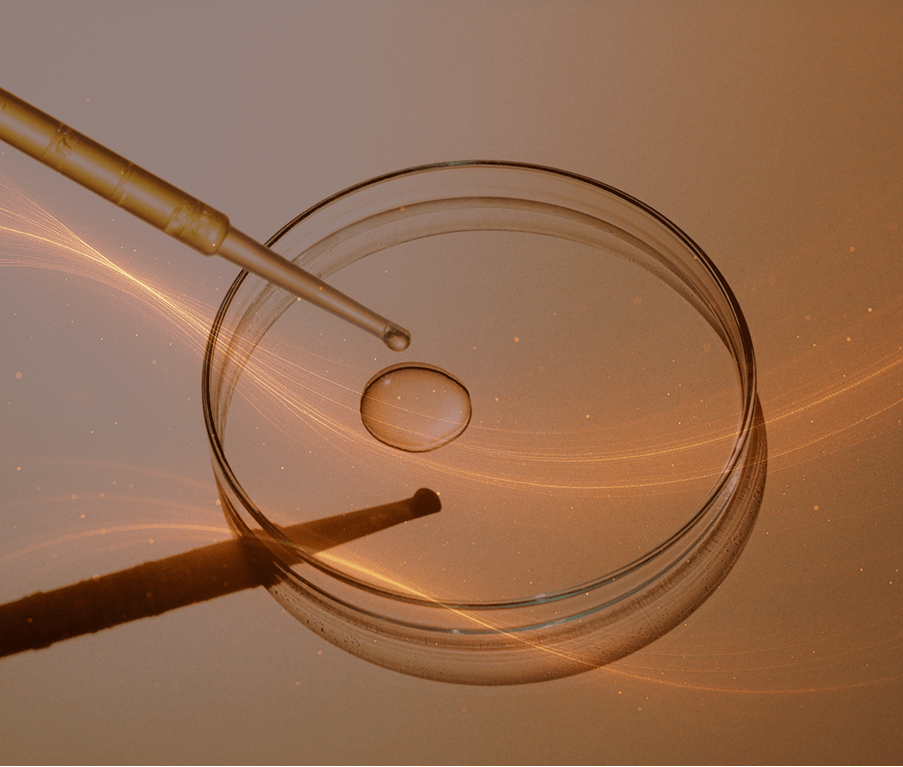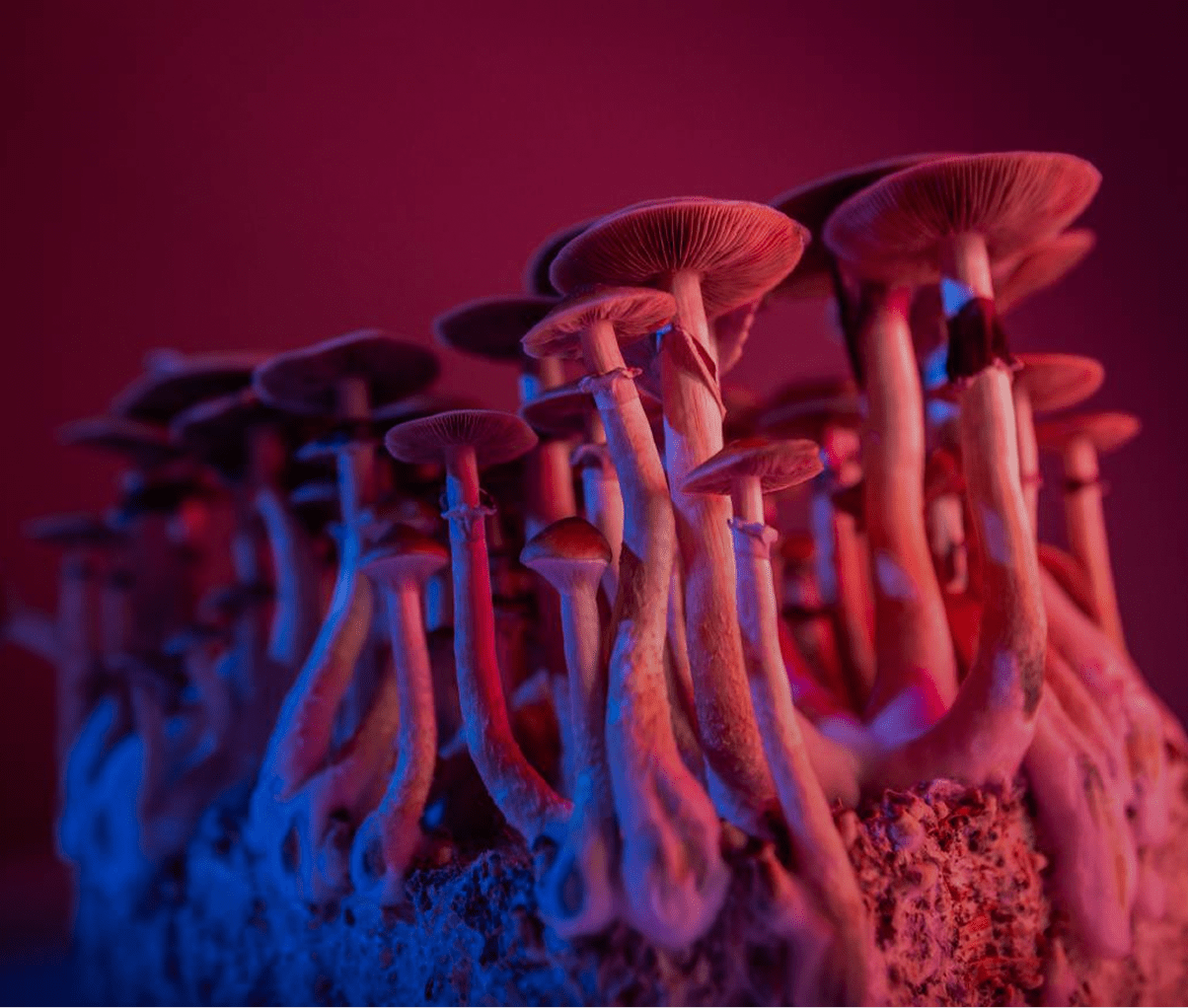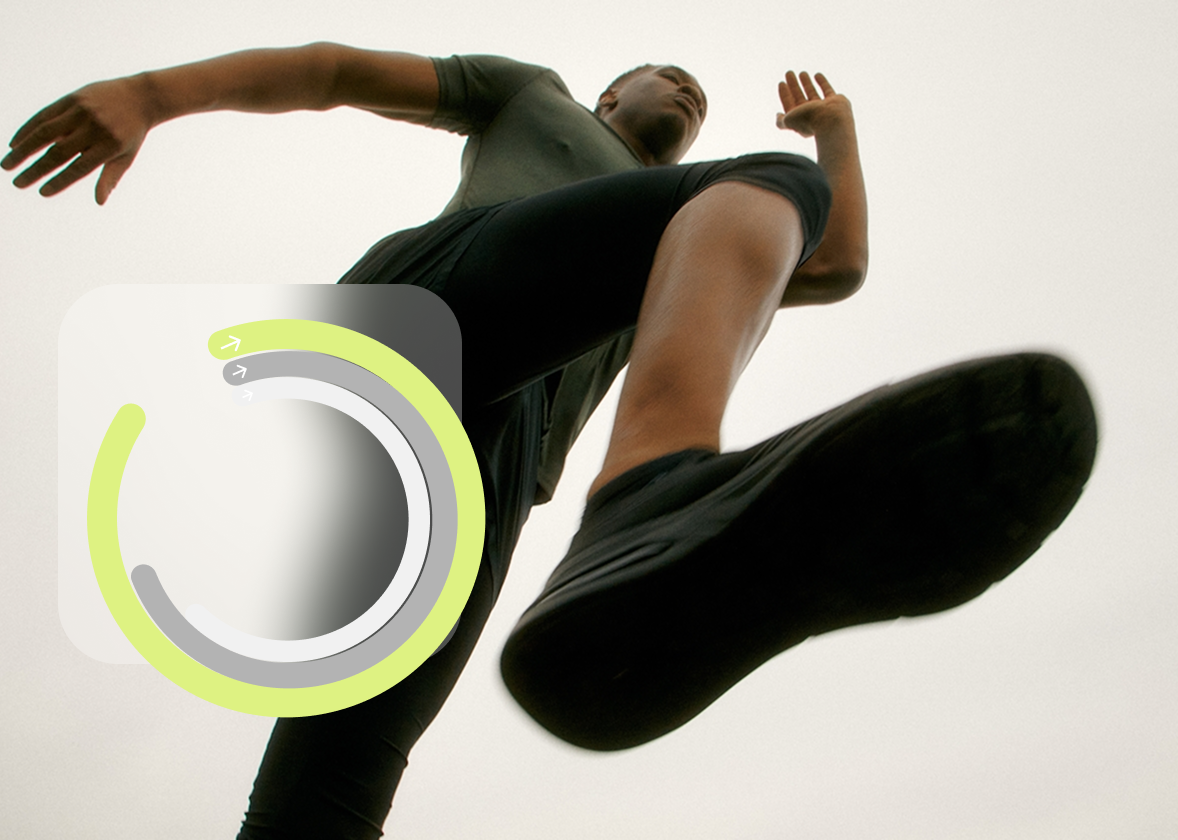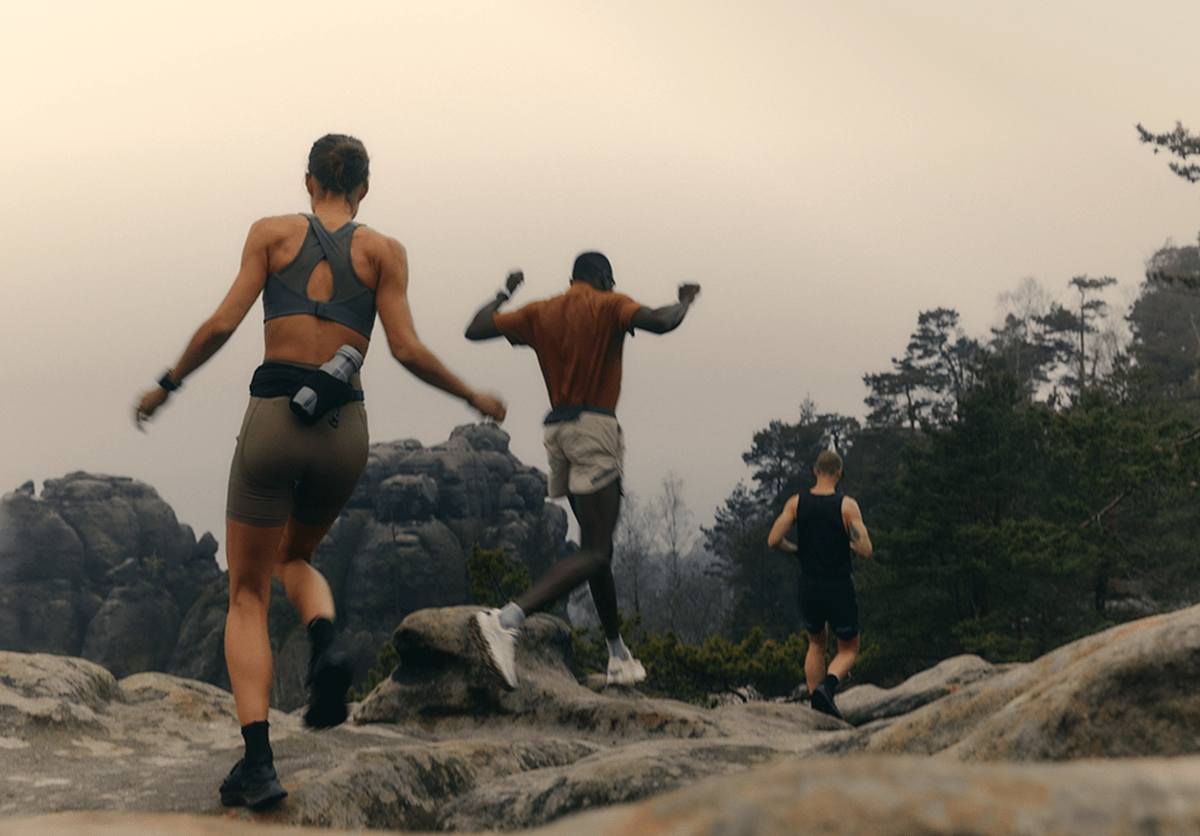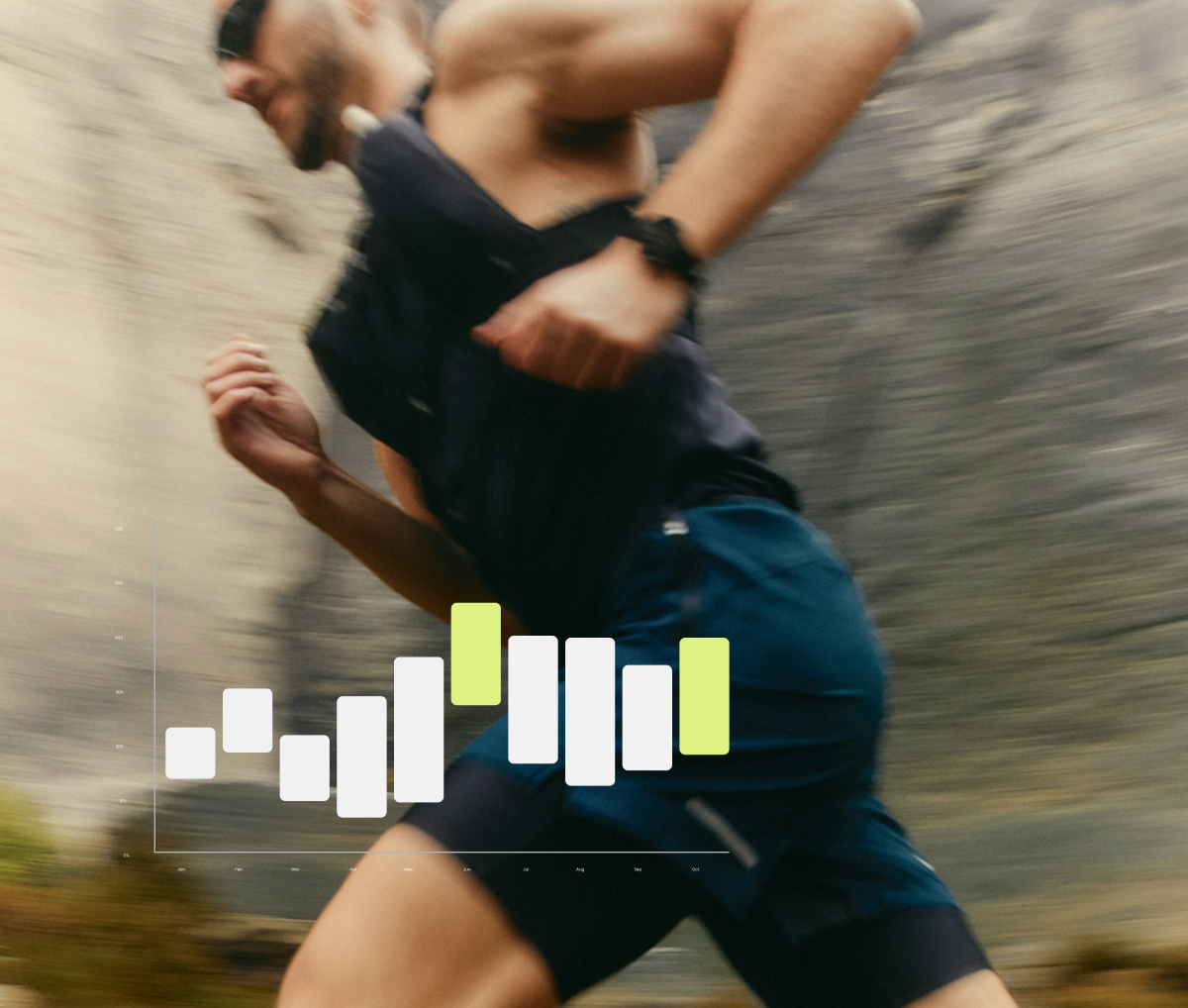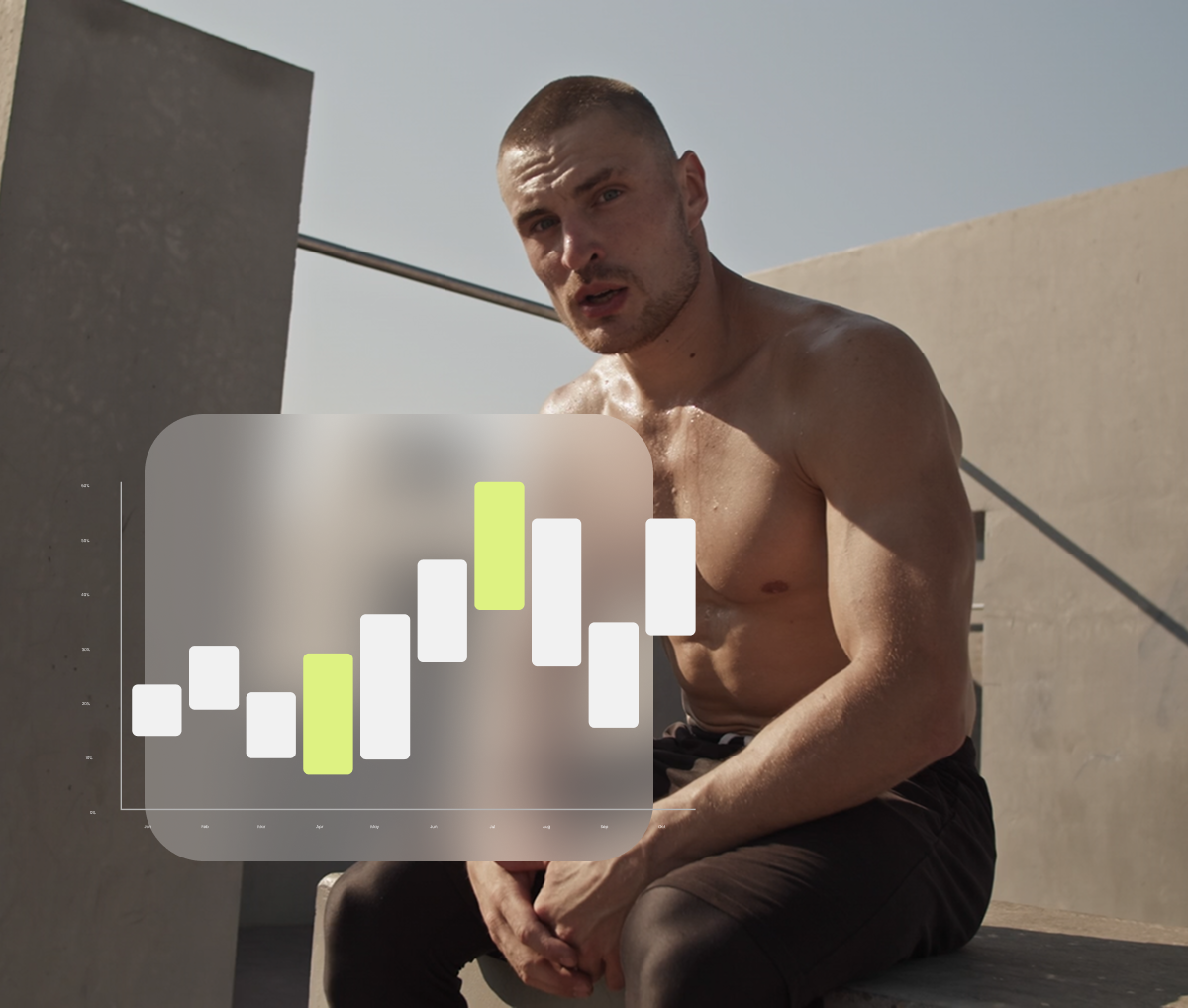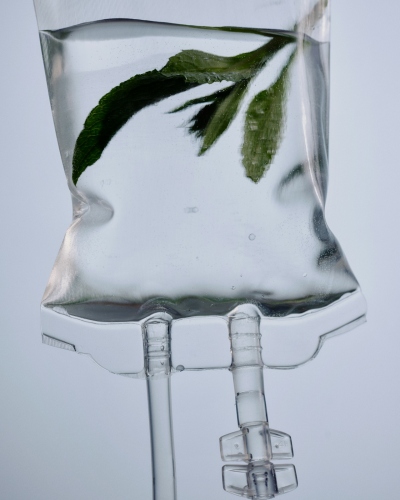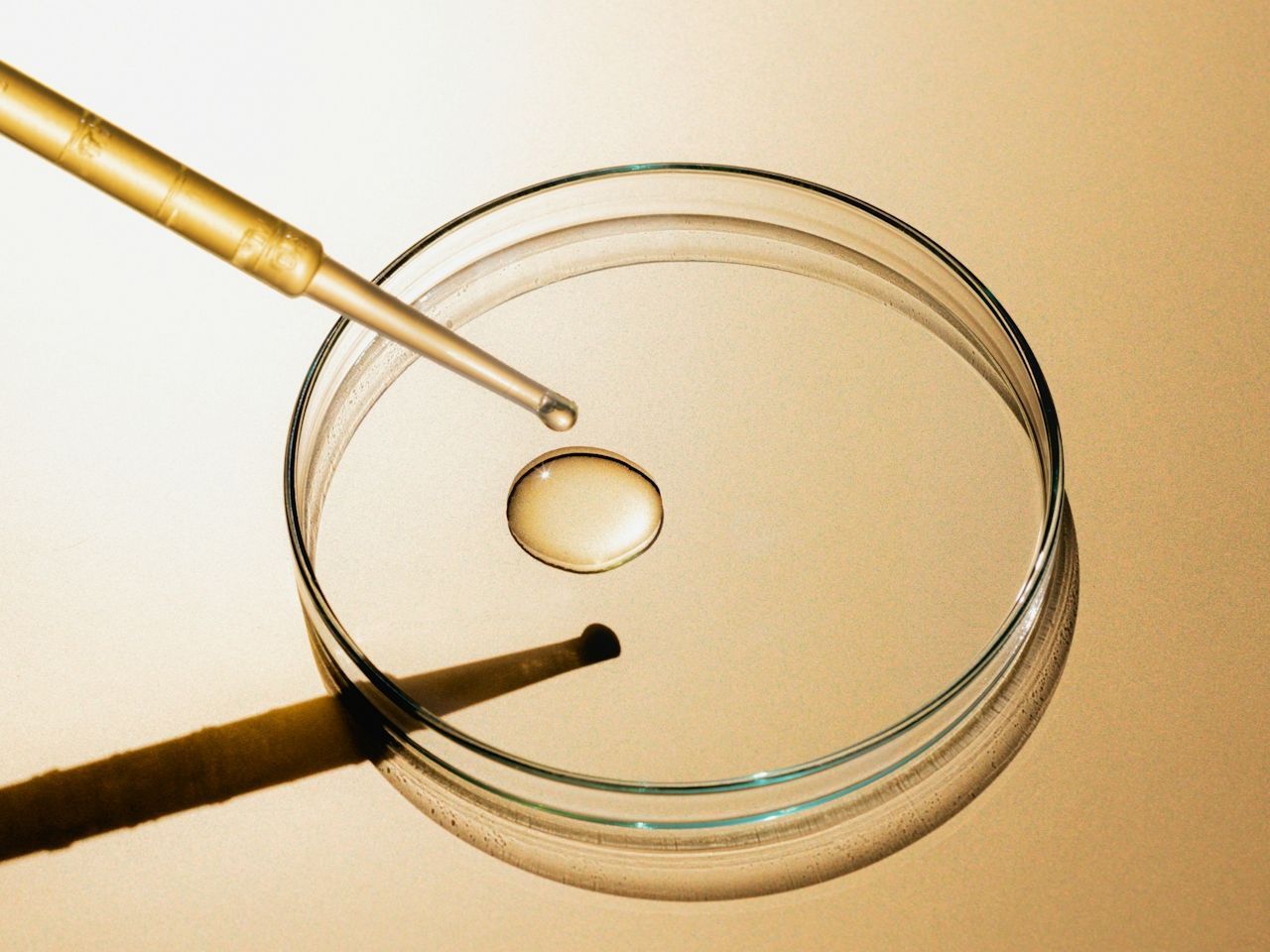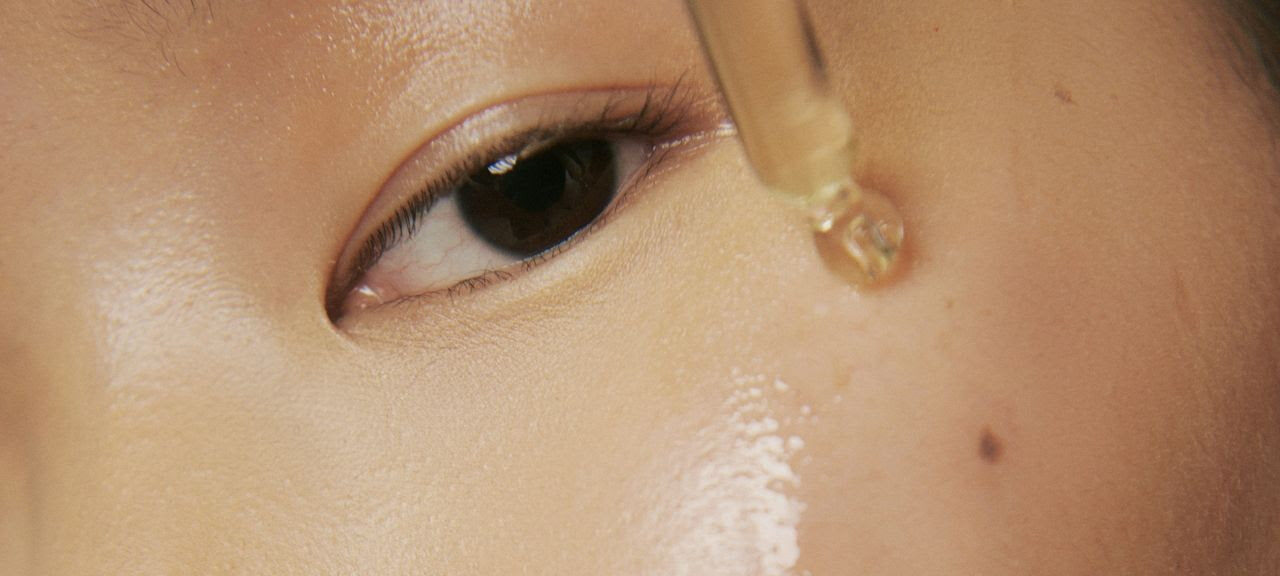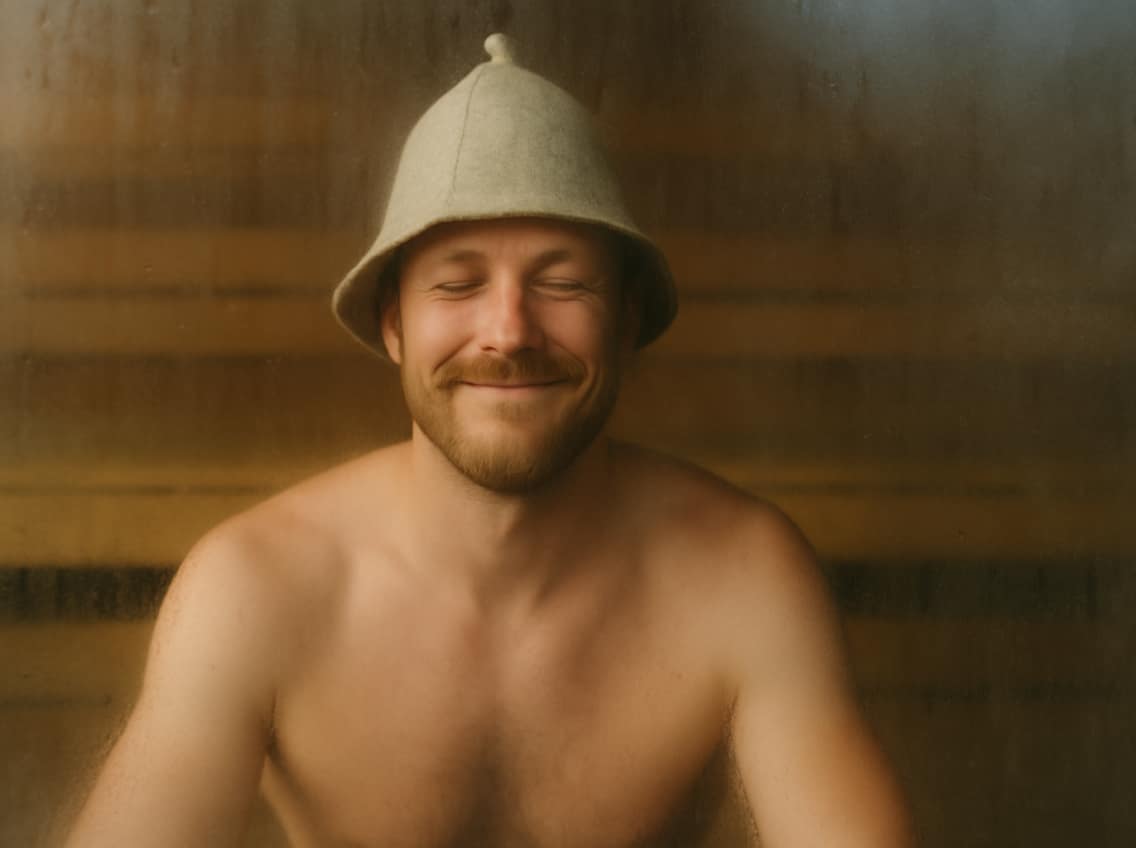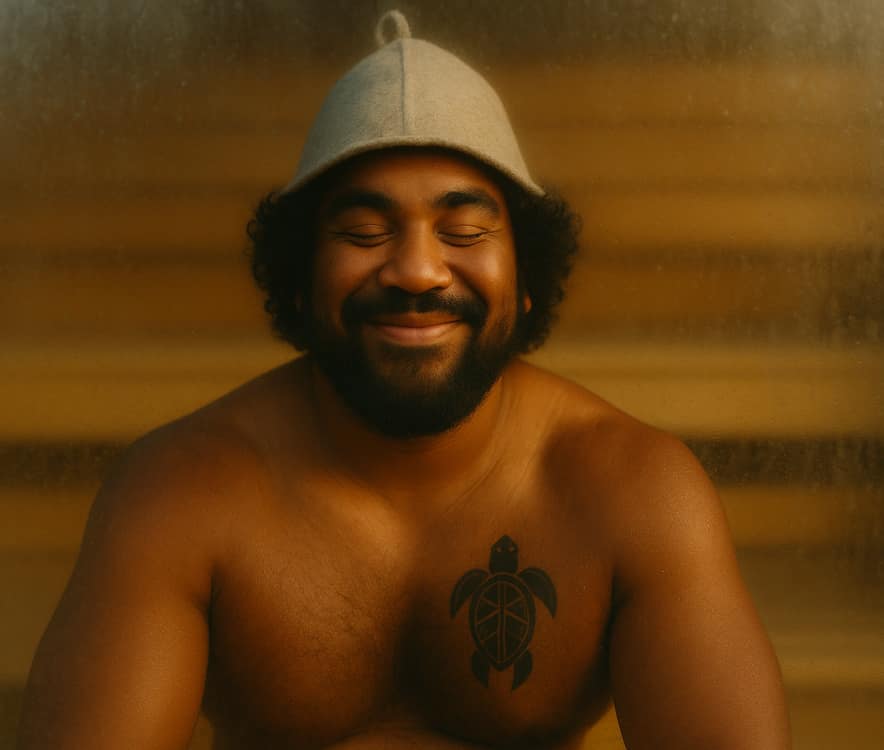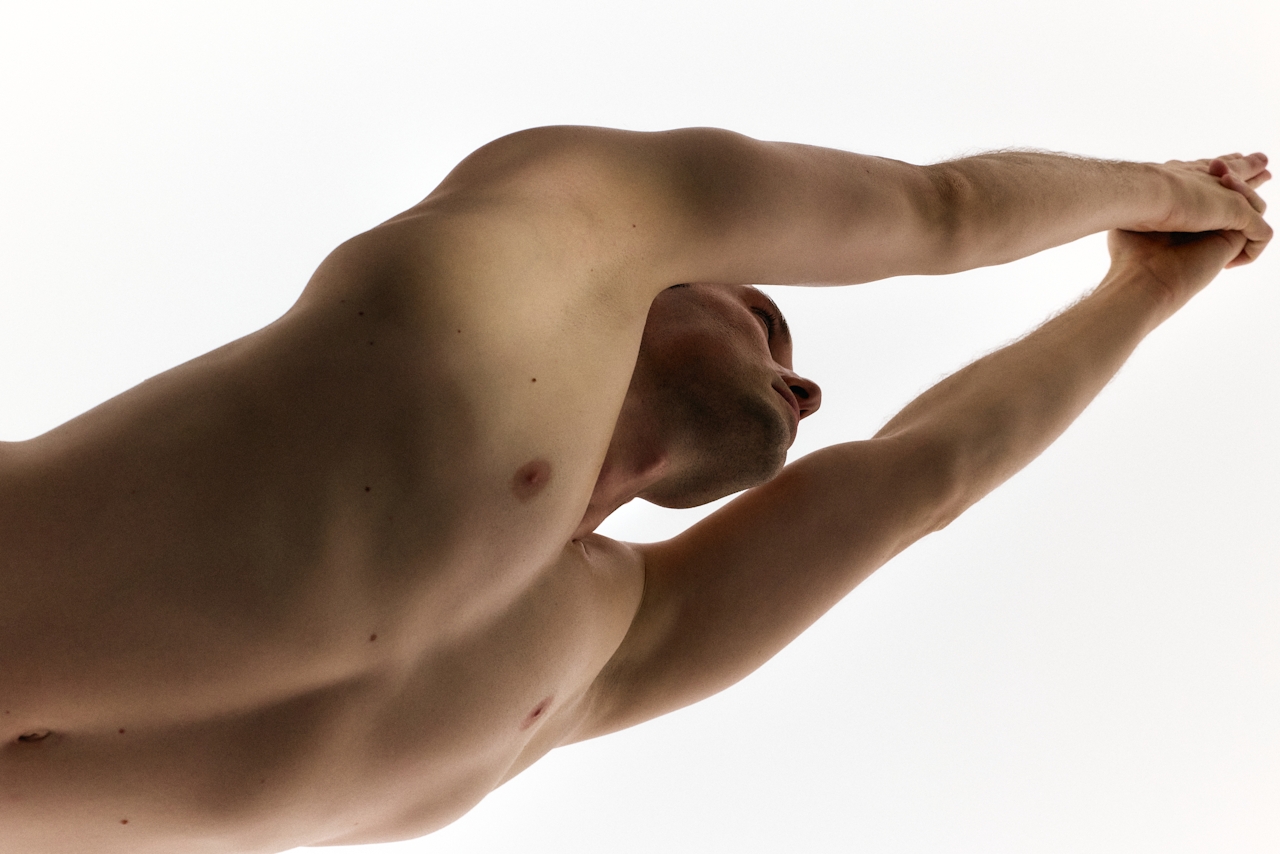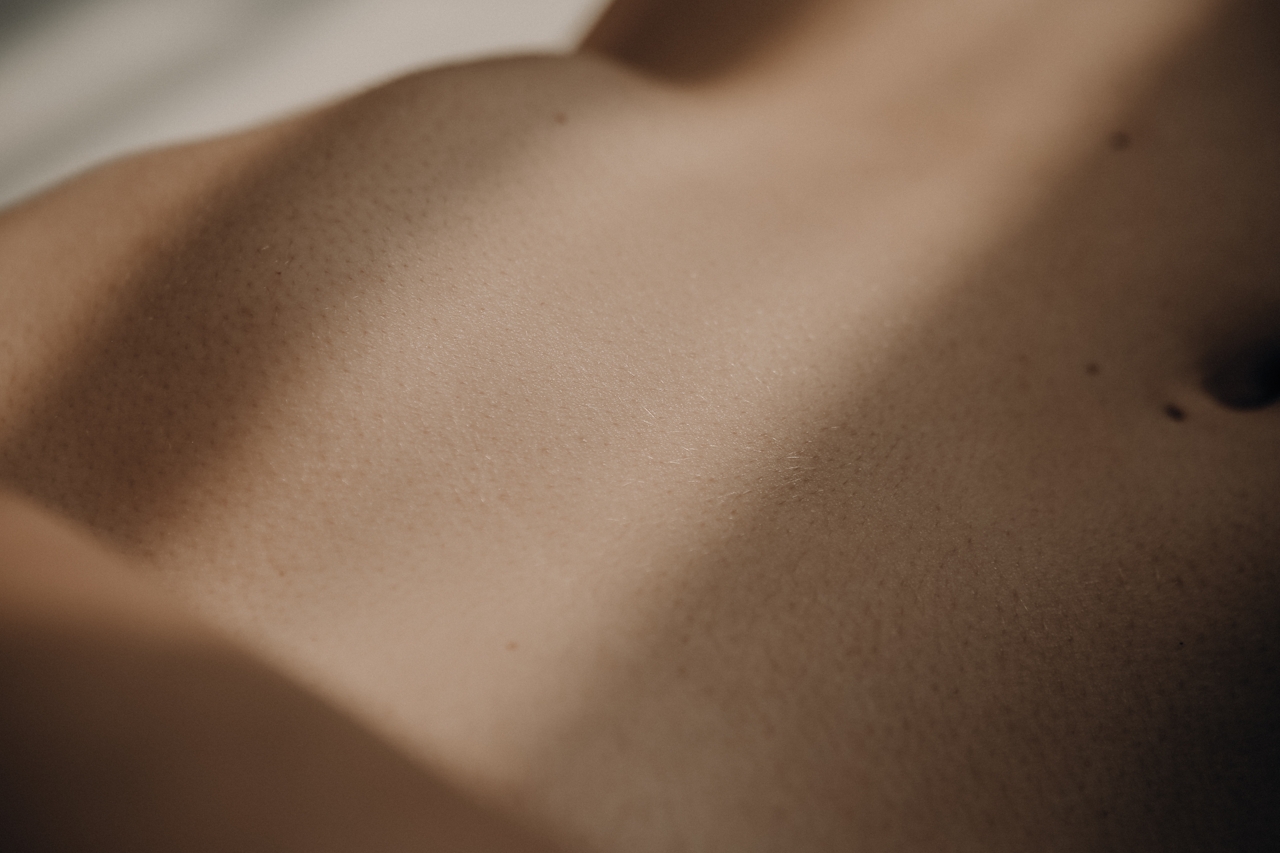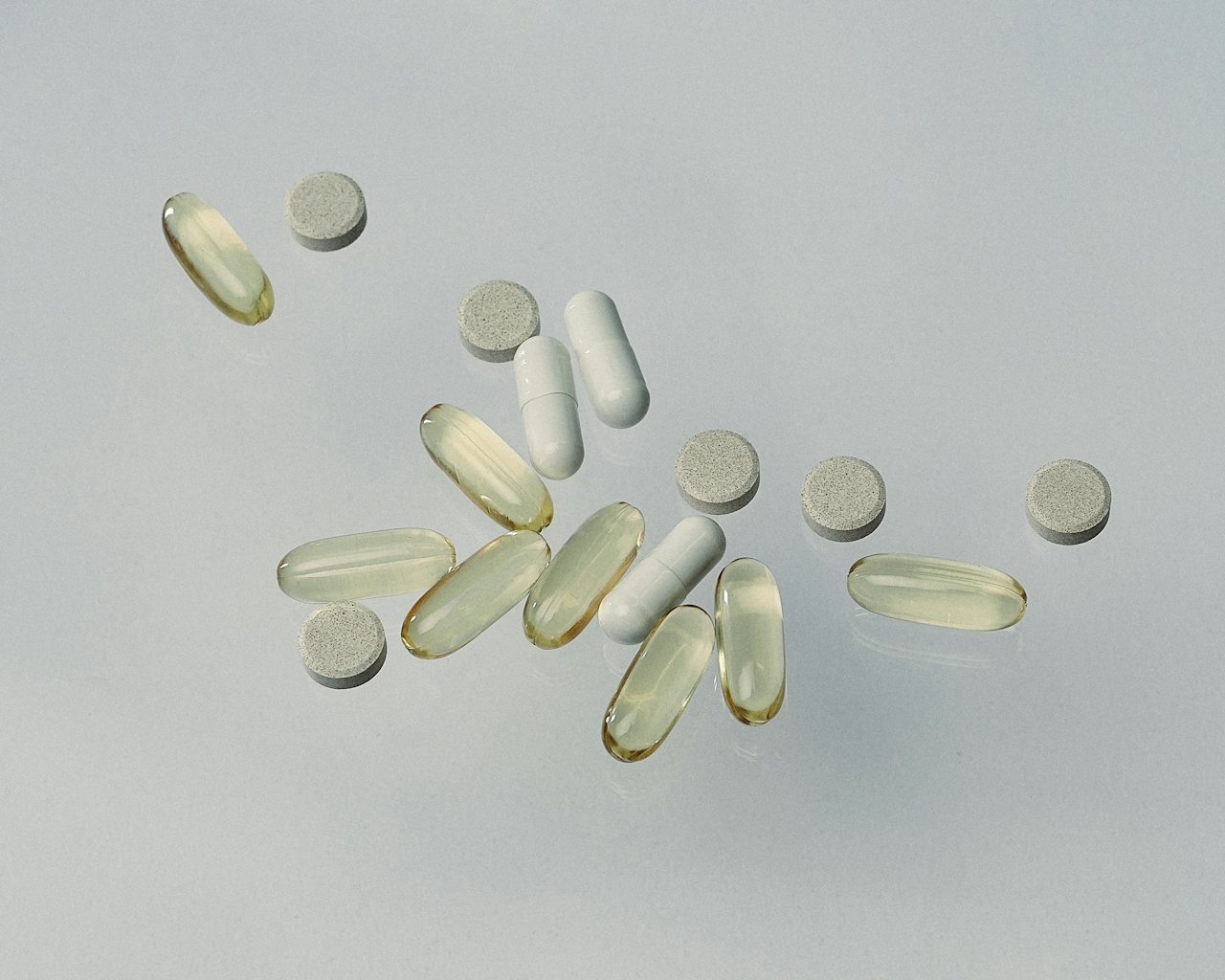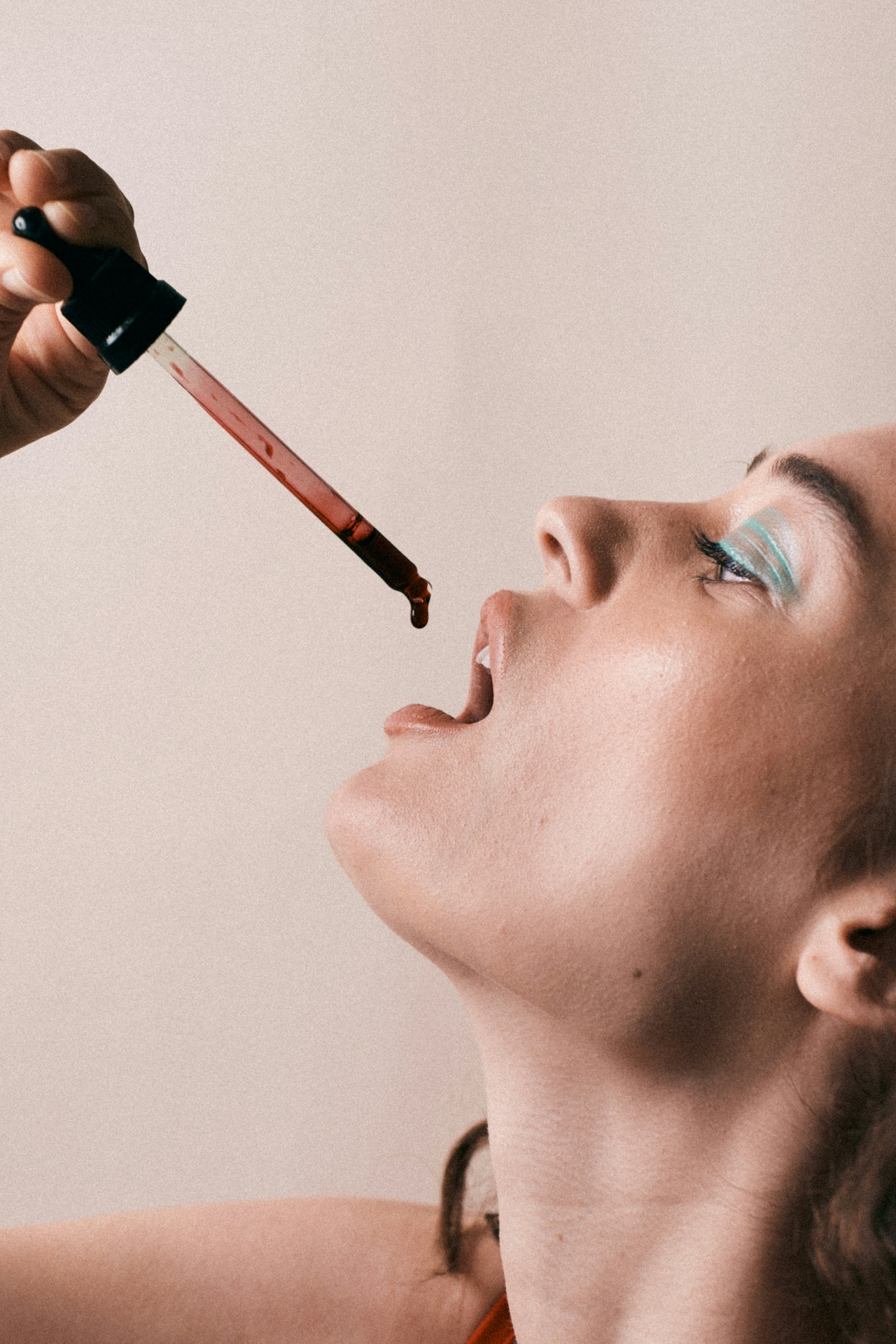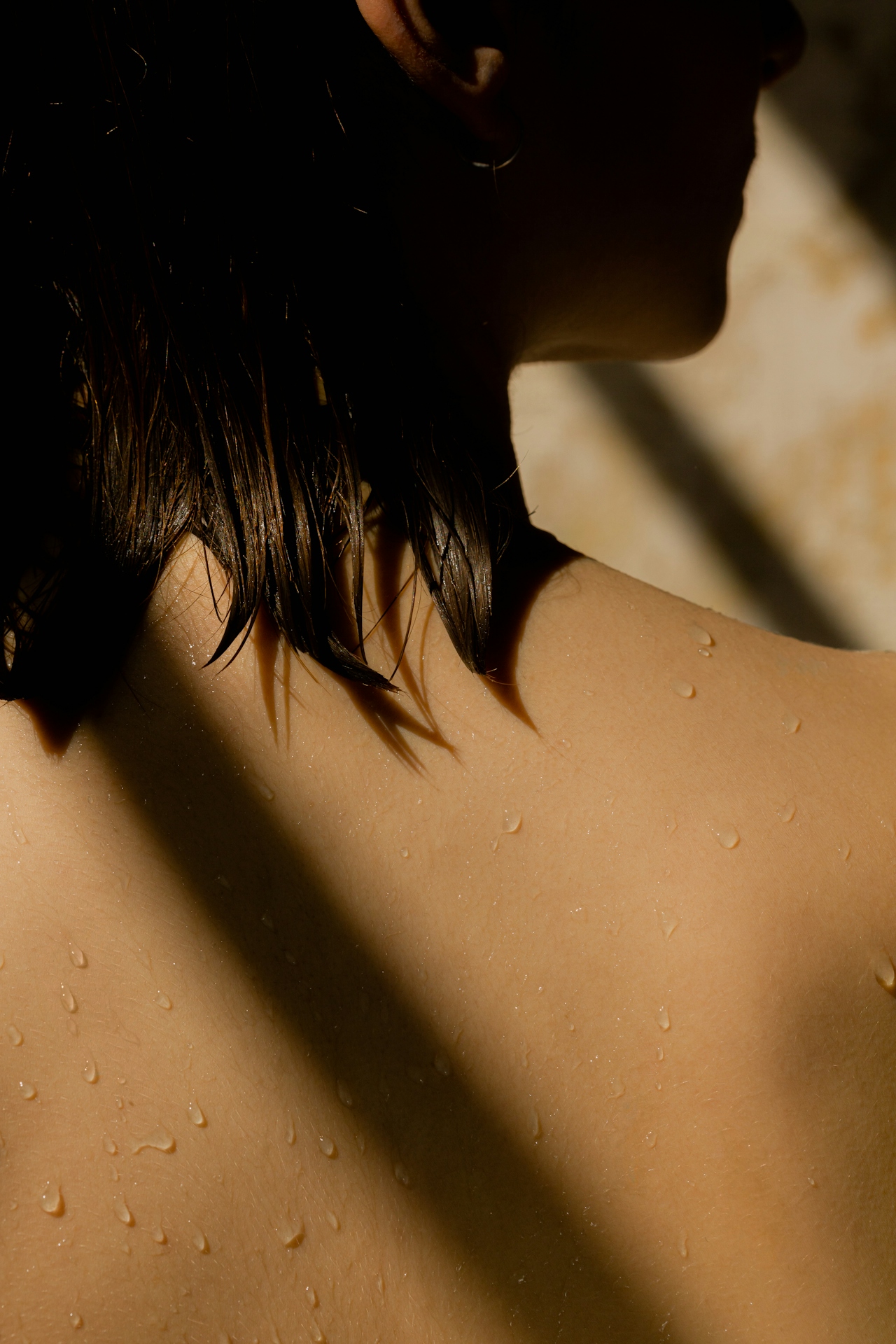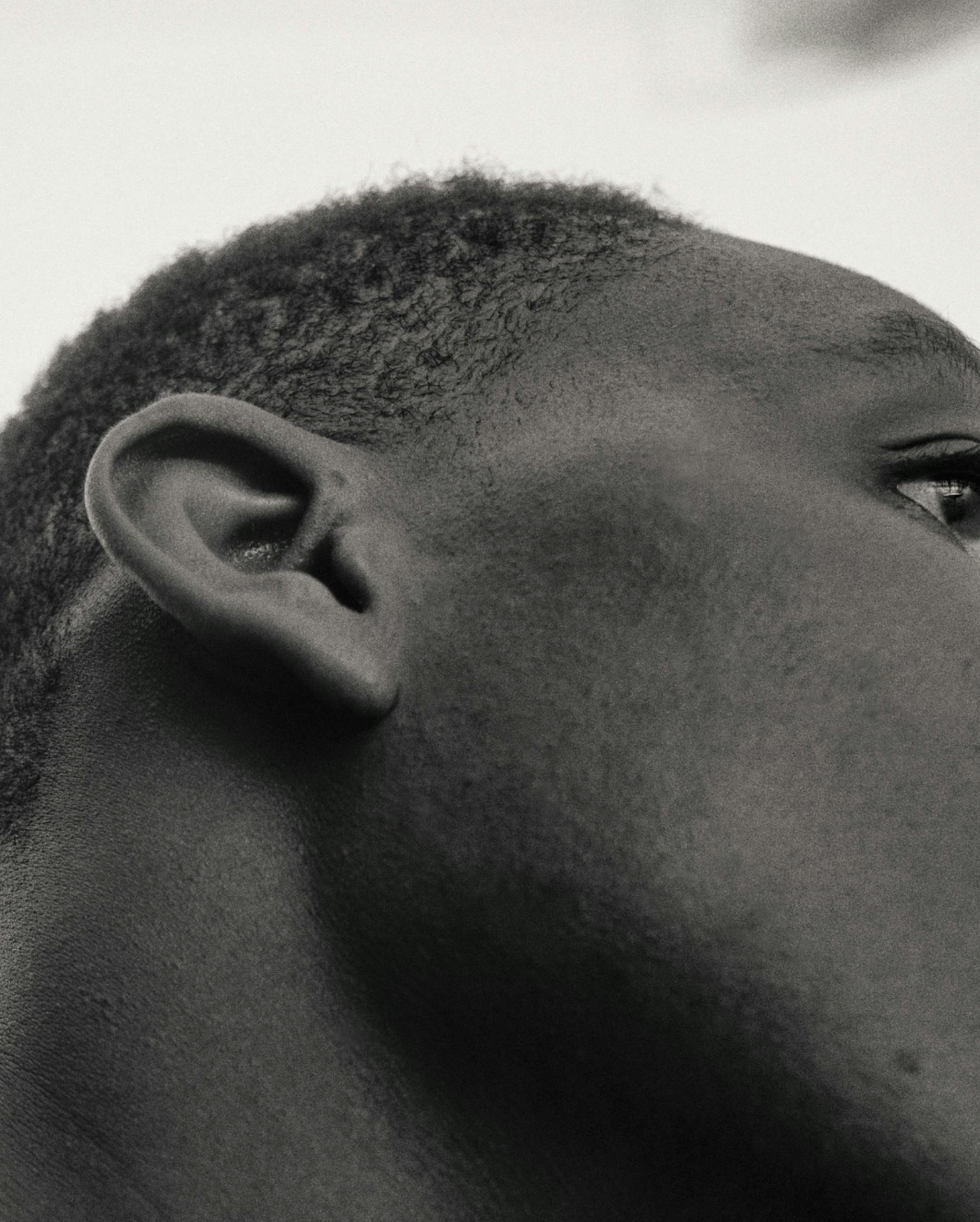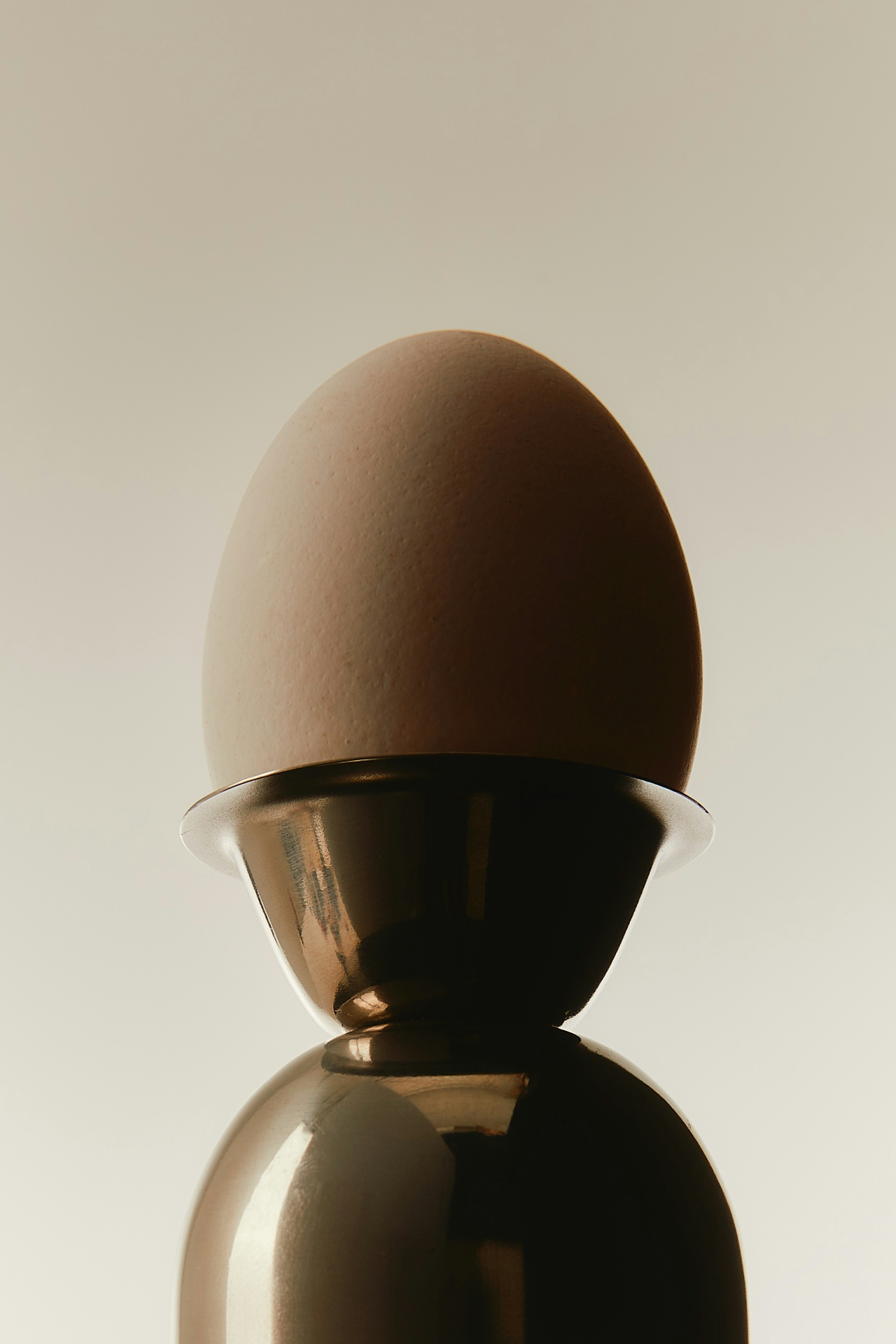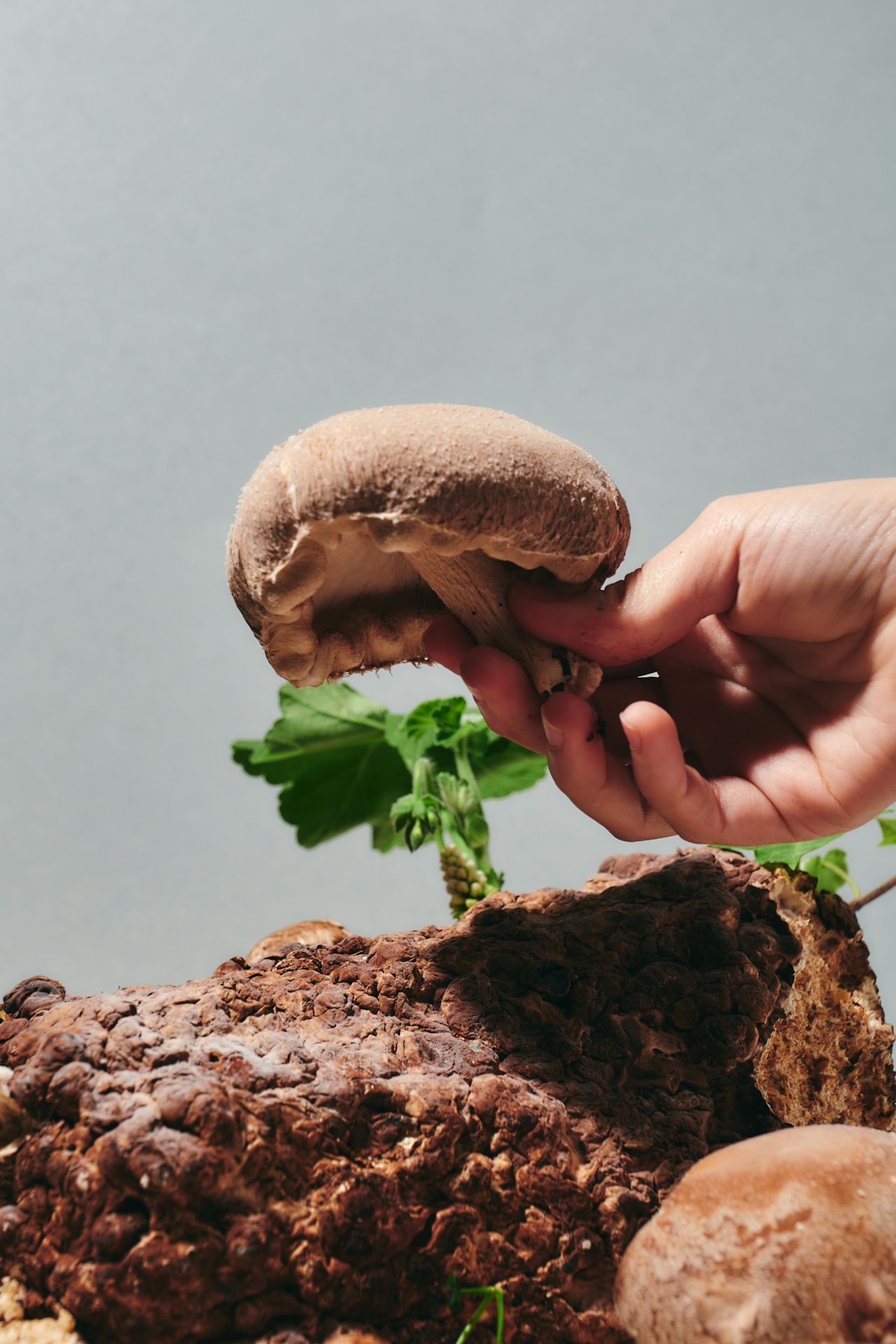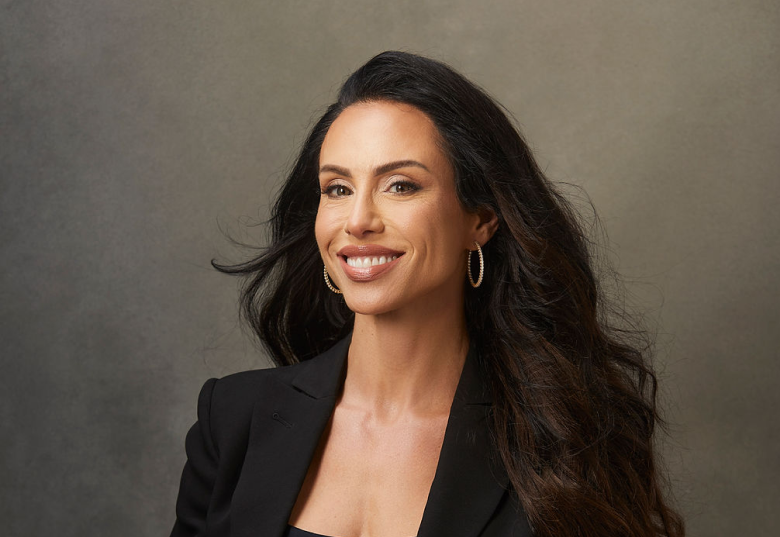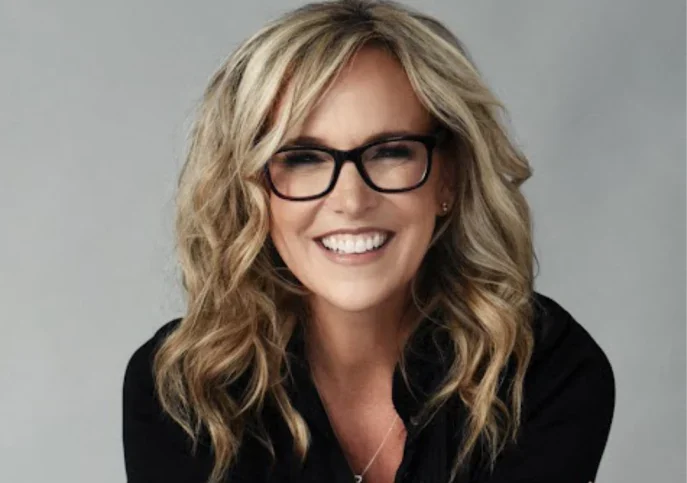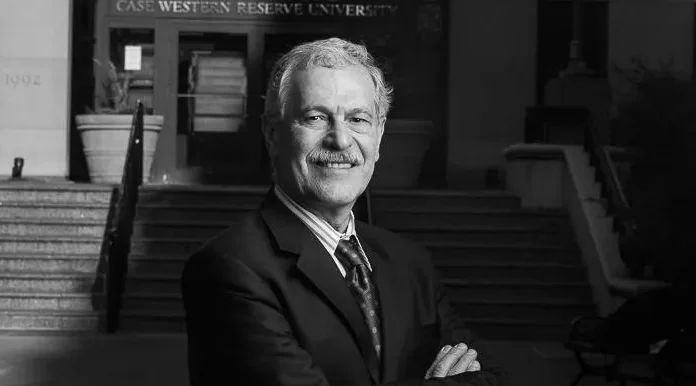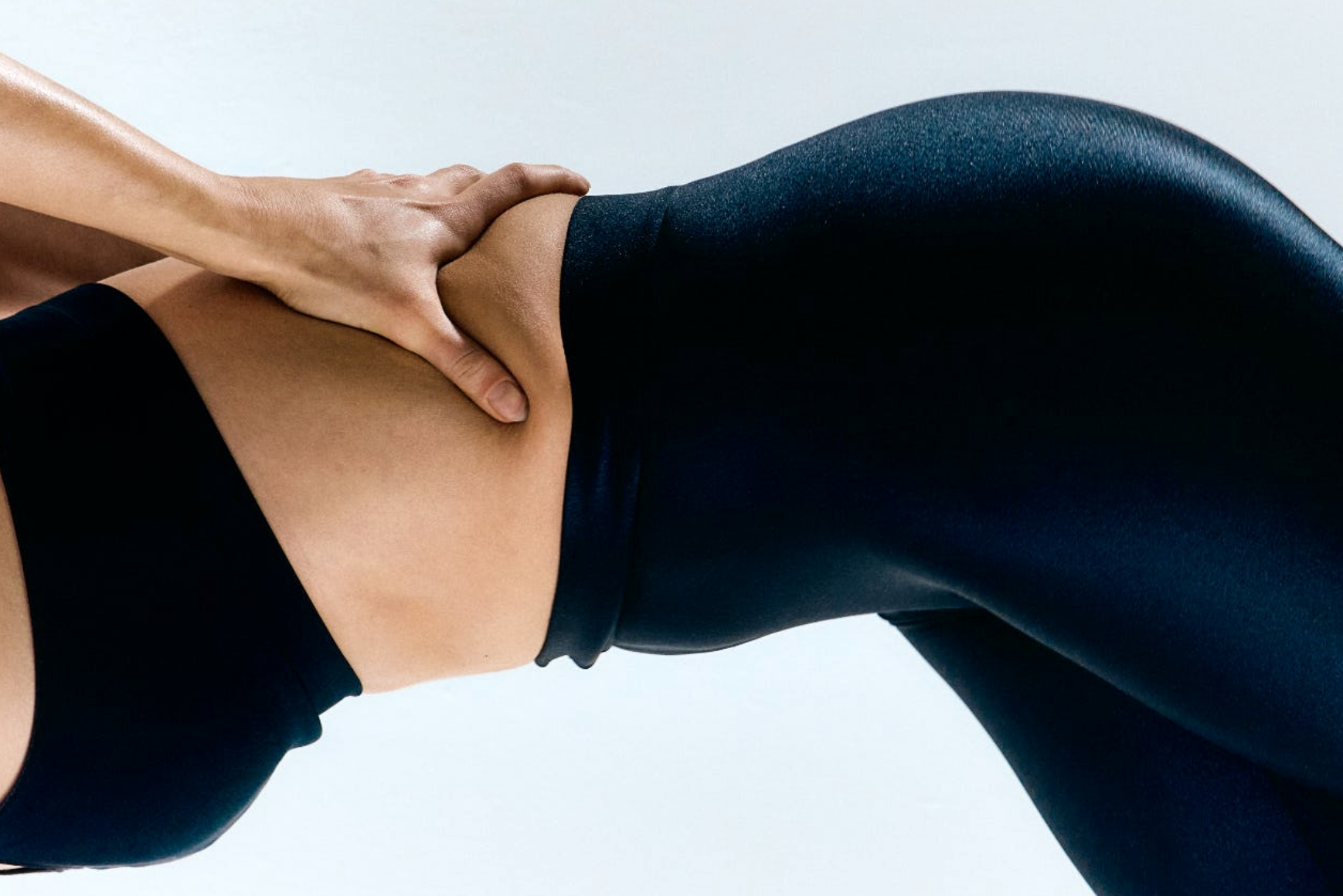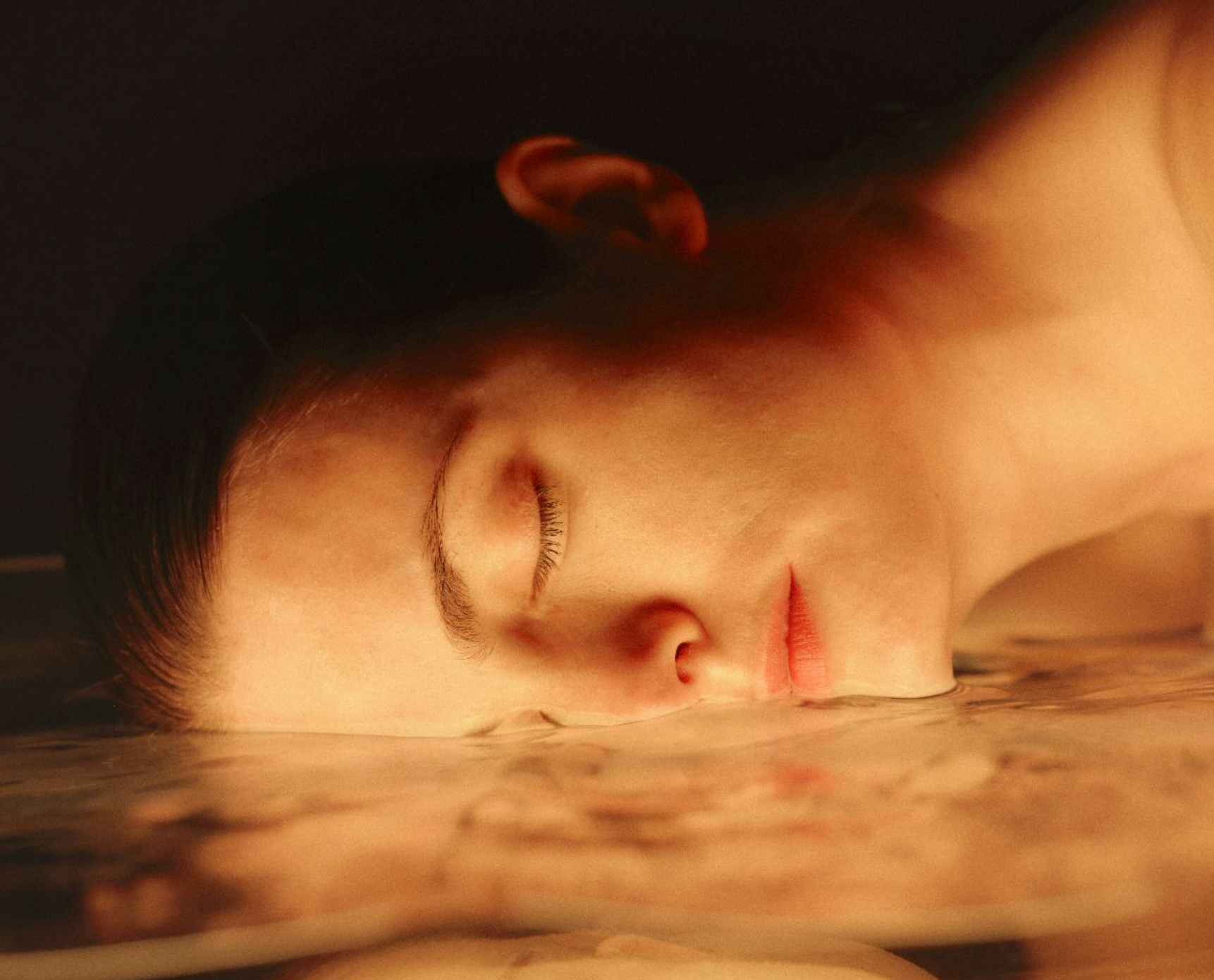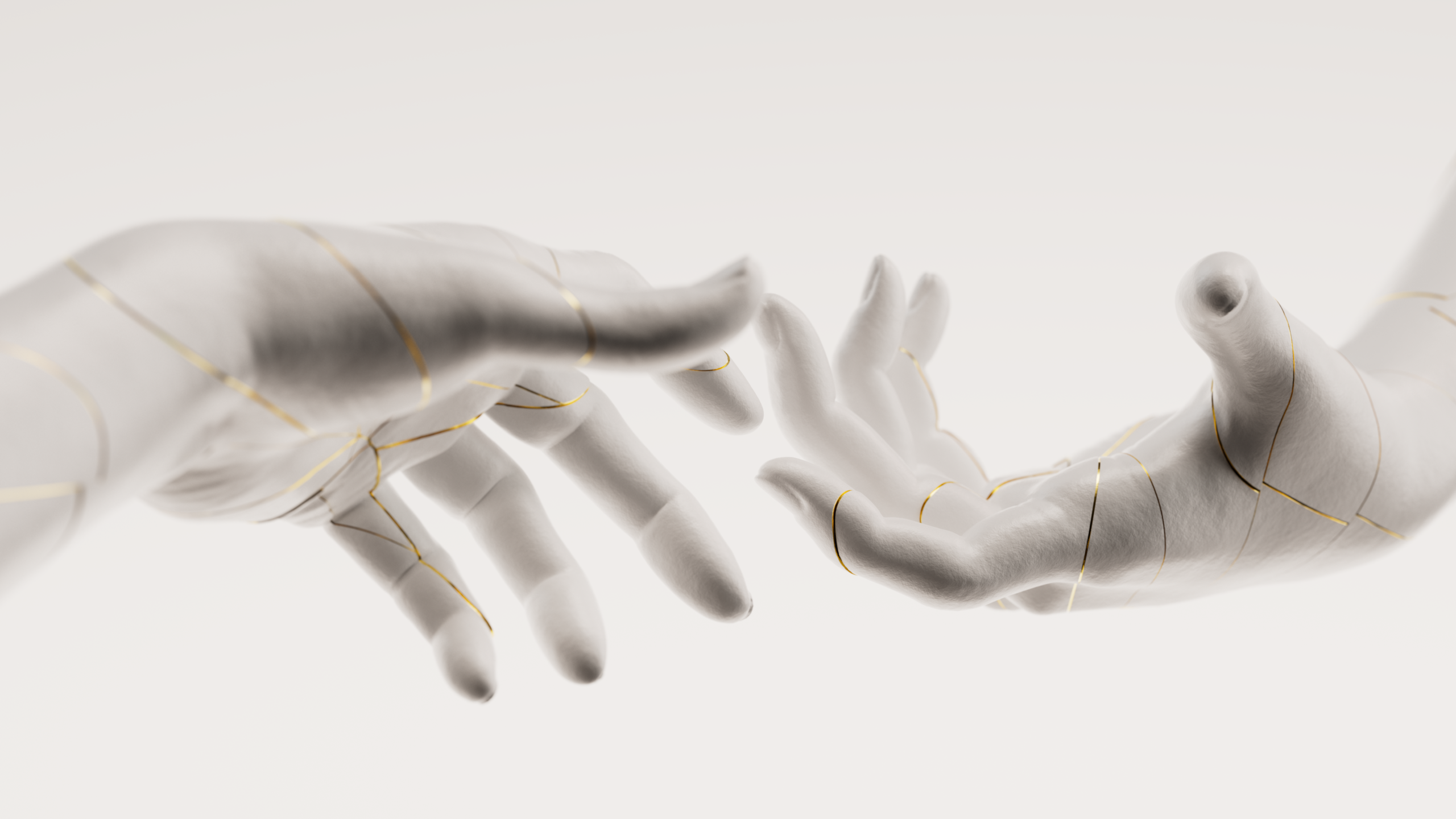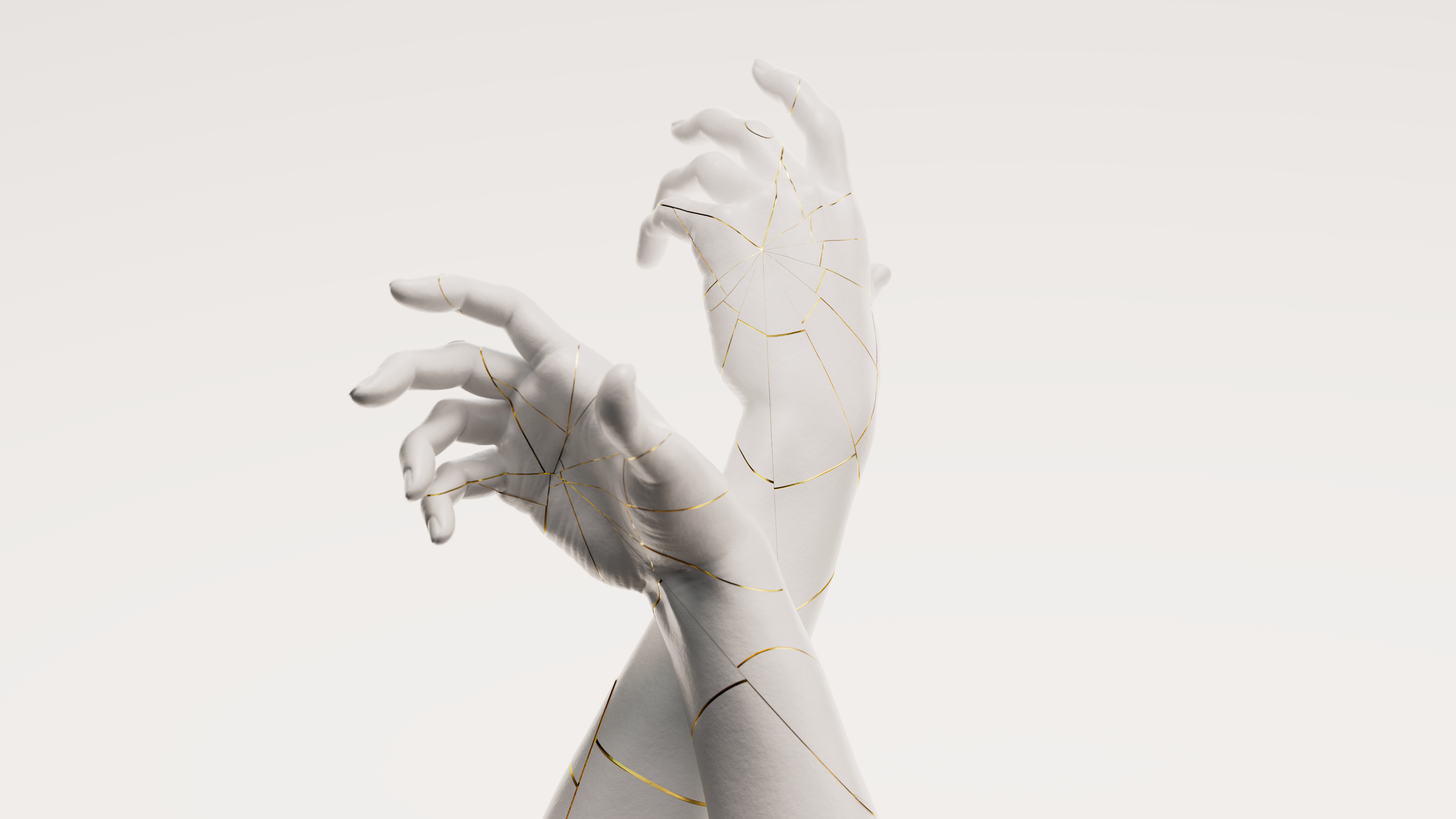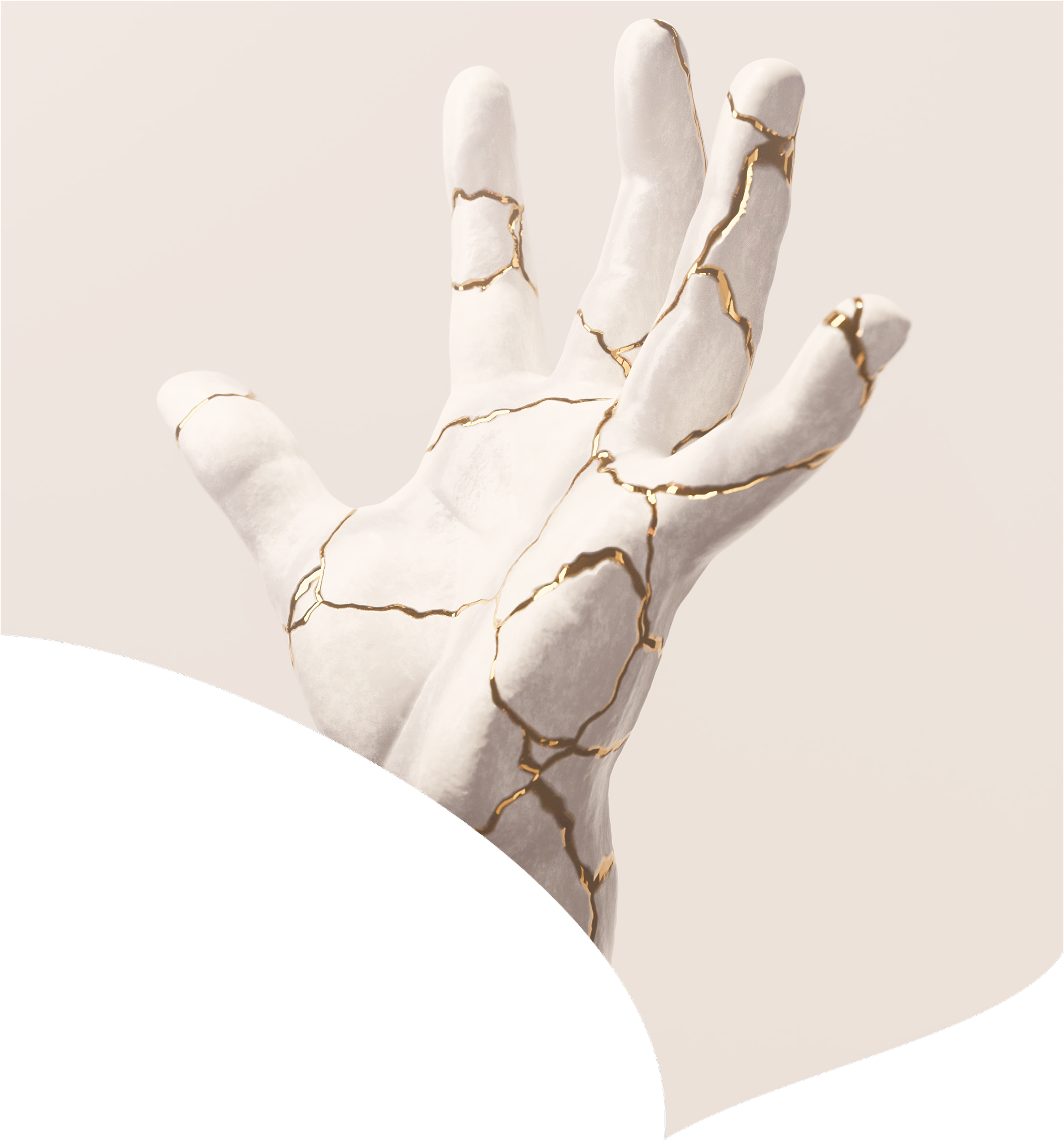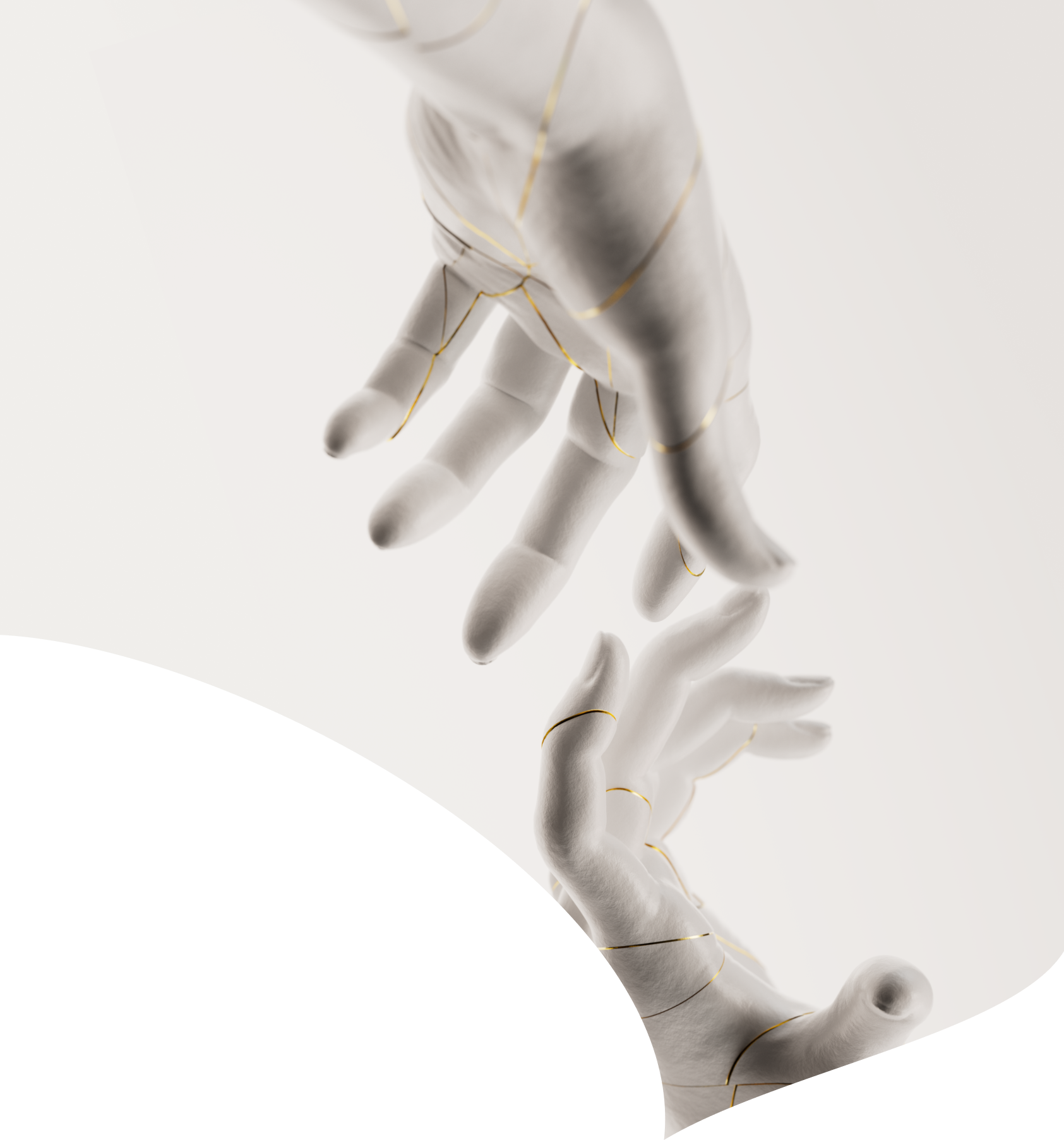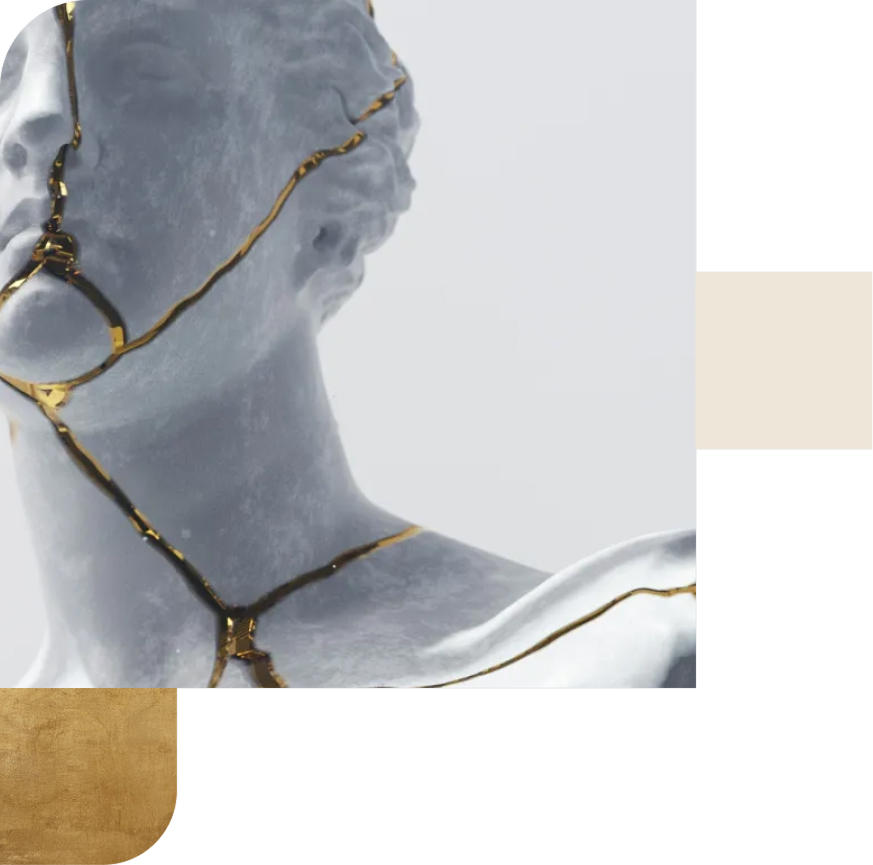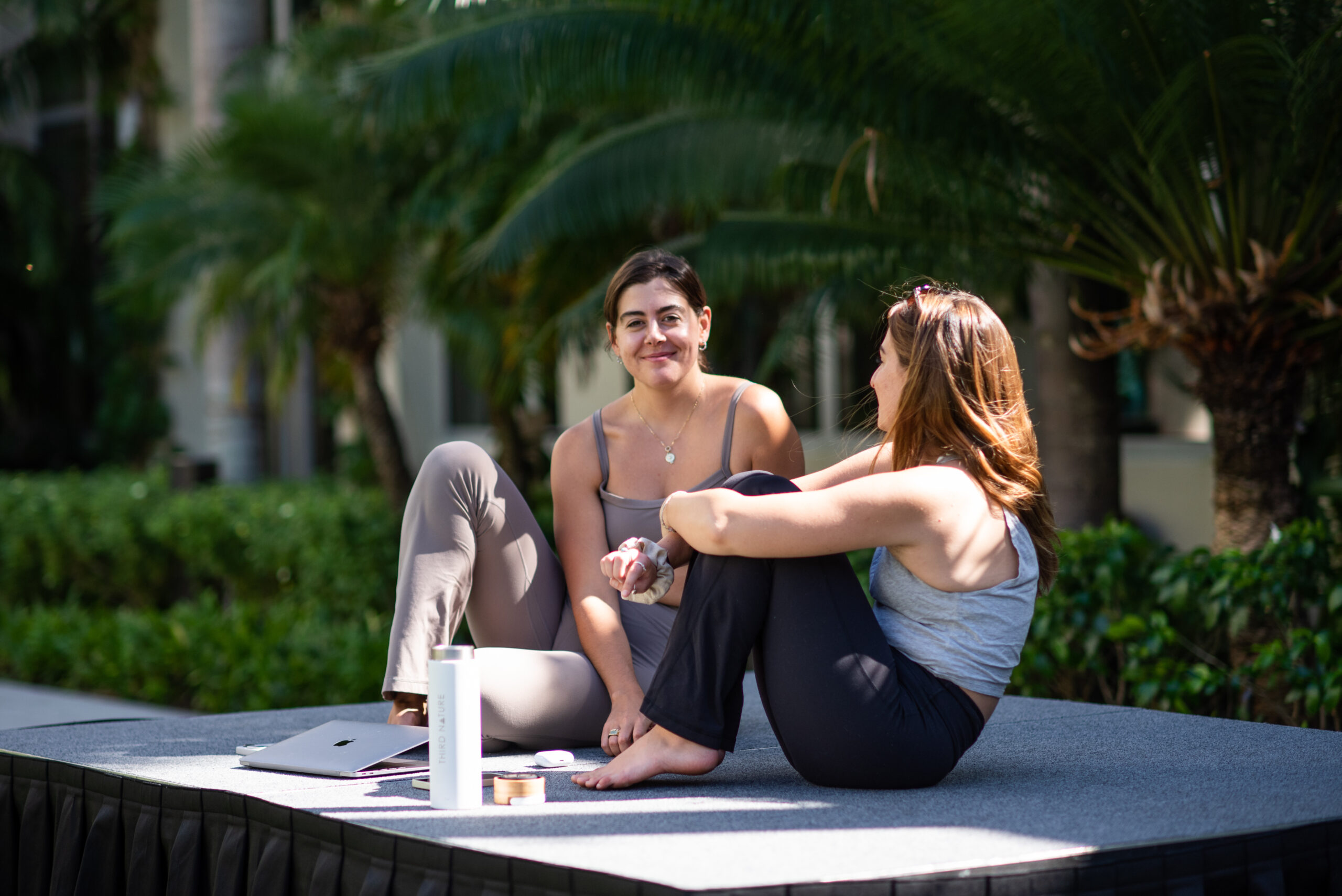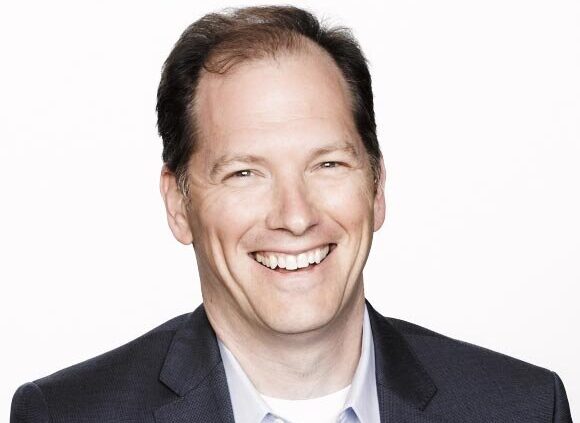
Last week, we studied the science of sleep—how it works, how to optimize it, and the tools and strategies to help you rest better.
Missed it? You can still explore the first part of The Sleep Issue.
CATCH UP ON SLEEP
We went deep. But as with any good dream, there’s always more to uncover.
One of the most rewarding aspects of the Eudēmonia Summit is the access to world-class experts. That’s why we took your most pressing sleep questions to Dr. Michael Breus, PhD, a clinical psychologist specializing in sleep disorders. Dr. Breus, affectionately known as “The Sleep Doctor,” is one of only 163 psychologists in the world with both Diplomate and Fellow distinctions from the American Academy of Sleep Medicine. He's an expert in every sense of the word.
Here are the top three questions you asked—and what Dr. Breus had to say.
QUESTION 1: WHAT ARE THE MOST SURPRISING THINGS ABOUT POOR SLEEP?
Very few people understand that two crucial factors could almost immediately improve their sleep by 30–40%. They both have to do with your sleep schedule:
- Your wake-up time
- Your chronotype, meaning your natural inclination for the timing of daily activities—particularly when you prefer to sleep, wake, and be most alert or productive
The timing of your sleep has a major impact on both the quality and quantity of your rest.
HACK #1: Set your wake-up schedule by waking and getting out of bed at the same time for 7 straight days. This will regulate melatonin production and re-sync your circadian rhythm.
Notice that this isn’t about your bedtime. In our busy lives, too many factors influence what time we might get to sleep. What you generally have more control over—and what’s more important—is what time you wake up. The rest should take care of itself.
Melatonin is a naturally produced hormone that acts as the “key that starts the engine” for sleep. And your wake time directly affects the timing of melatonin production later that night. Once light hits your eyes, it activates melanopsin cells, which signal your brain to TURN OFF the melatonin faucet in your head. But it also sets a timer for when the production needs to begin.
Consistently waking at the same time every day sets this cycle in motion, ensuring that melatonin production occurs at the same time each evening. Studies indicate that this habit can help you fall asleep faster and lead to more restorative, higher-quality sleep.
This video explains more about why your wake-up time is so important.
HACK #2: Sleep in alignment with your genetically pre-determined sleep schedule, called your chronotype.
If you have ever been called an early bird or a night owl, then you are familiar with the concept of chronotypes. It is your individual, biological inclination to sleep and wake at certain times, and it dictates when you are most likely to be productive. There are four chronotypes, and they help determine your ideal sleep cycle.
It turns out that chronotypes are genetic, and you can't change them (though they do seem to evolve and change naturally over time).
Identifying your chronotype allows you to follow a sleep schedule that aligns with your brain’s genetic preferences, resulting in better quality rest with more deep and REM sleep, and helping you optimize your entire day.
QUESTION 2: IS THERE A GREAT MORNING ROUTINE YOU CAN RECOMMEND TO SET ME UP FOR A GREAT NIGHT'S SLEEP?
Yes! My personal favorite morning routine is what I call The 3 Fifteens.
- Right when you wake up, move to the side of your bed, sit up straight and take 15 long, slow deep breaths. This is to bring you into the present moment and wake up your respiratory system.
- Next, grab a 15-ounce glass of water. Most people don’t know that sleep itself is a dehydrating event. You lose almost a full liter of water from the humidity in your breath. Sit in a chair or stand. If possible, take off your shoes and put your feet on the earth. This is called grounding, and while there isn't a ton of research about it, I think it feels really good!
- Now bring that glass of water outside into the sunshine for 15 minutes of immediate sun exposure. This is essential, because the direct sunlight will help turn off the melatonin faucet in your brain and remove the grogginess of the morning (called sleep inertia). As a booster, while you’re outside, take another 15 deep long breaths. Between each breath, drink 1 ounce of your water.
Here’s a video where I go into more detail: My 15-Minute Wake-Up Routine To Feel 99% Less Tired.
QUESTION 3: IS AMBIEN BAD FOR ME? PLEASE SAY NO.
When reviewing the decision to take sleep medication, it’s important to understand that this is a decision between you and your doctor. There is no pill shaming going on here. I have dozens of patients who take sleep medications, either prescribed by their doctor or over-the-counter, and use them effectively and without abuse.
However, if you aren’t sleeping well and then you take a sleeping pill, you will feel amazing the following day, and you will likely want that pill again and again. This speaks not just to potential physiological addiction but also to psychological addiction.
Keeping these ideas in mind, we still find that there are many people who will require a sleep aid. For example, if you have a primary medical problem (like chronic pain), then it would make sense to use sleep medications. Or, should you have a primary mental health issue where a prescribed treatment or medication causes insomnia, then you may need to add an additional medication for sleep.
All that said, the goal is to NEVER have people rely on drugs forever. (Though to be clear, someone who suffers from a severe, chronic mental disorder, like paranoid schizophrenia, would be a candidate for a lifelong prescription for Ambien. And in my opinion, that’s OK.)
In my practice, the goal is to get people to sleep however they feel most comfortable and in the healthiest way. I have rarely encountered a patient who, if motivated to do so, couldn’t successfully stop using sleep medications with the help of cognitive behavioral therapy (CBT).
In fact, research out just this month shows that sleeping pill use appears to affect the glymphatic system—the system that removes the proteins in the brain that cause Alzheimer’s. So once again, if you don’t really need a sleeping pill, it’s better to look toward CBT.
|
HUNGRY FOR MORE?
There’s no shortage of fascinating articles, stories, and studies coming out in health and wellness every week. Here are 5 of our recent favorite finds.
- Why do some people thrive on so little sleep? (Smithsonian)
- Did you know your body is full of microplastics? (NPR)
- There's a little brain in your heart (Nature)
- Andrew Huberman with a couple simple ways to improve REM sleep (X)
- COVID erased a decade's progress on human longevity (WHO)
Disclaimer: This newsletter is provided for educational and informational purposes only and does not constitute providing medical advice or professional services. The information provided should not be used for diagnosing or treating a health problem or disease, and those seeking personal medical advice should consult with a licensed physician.
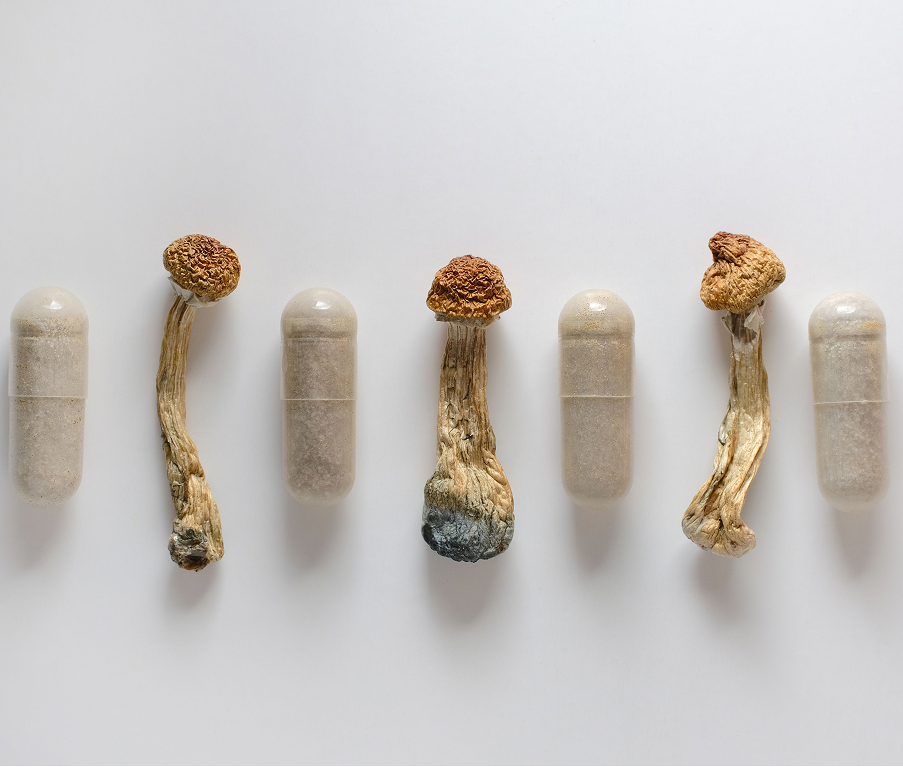
February 20, 2026
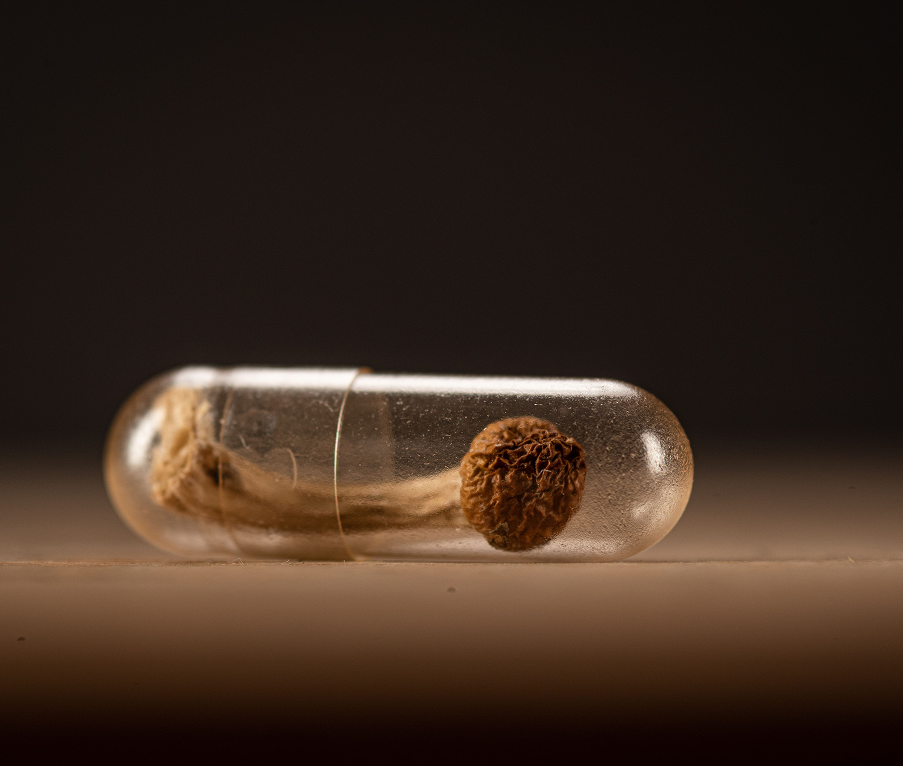
February 14, 2026
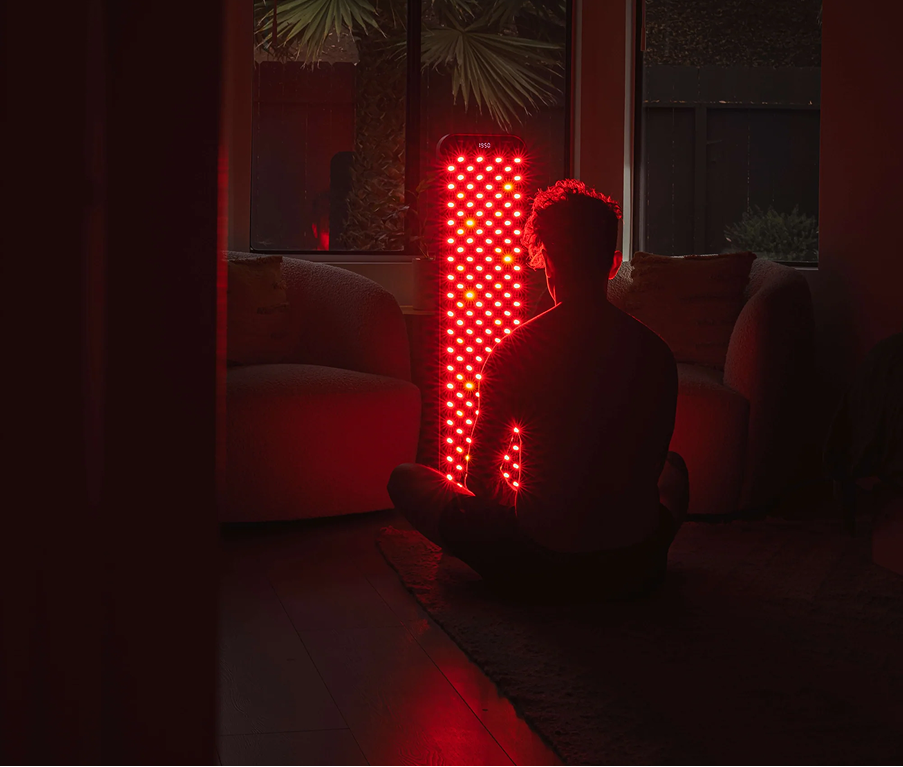
February 6, 2026
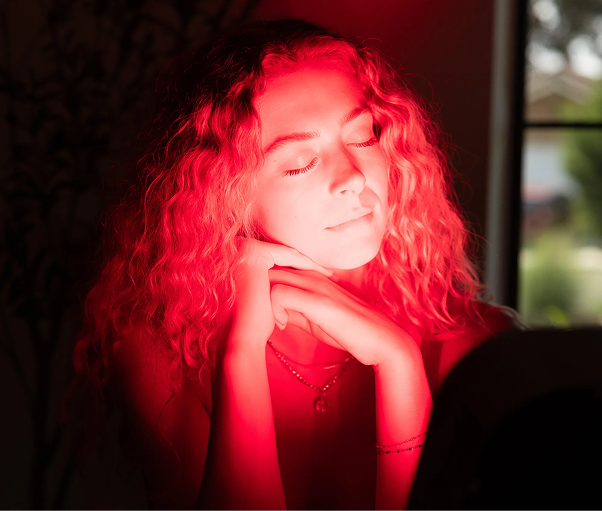
January 31, 2026
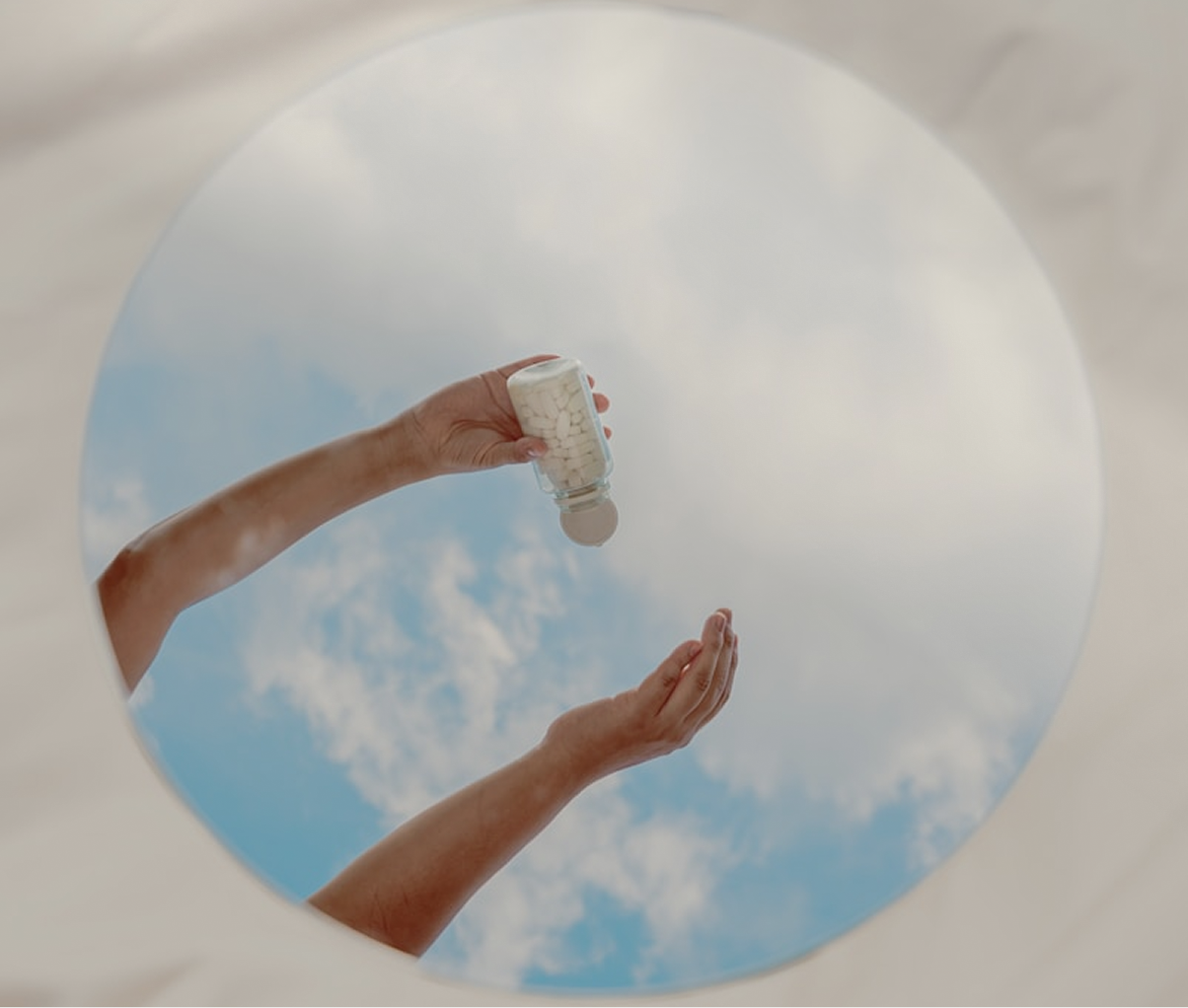
January 23, 2026
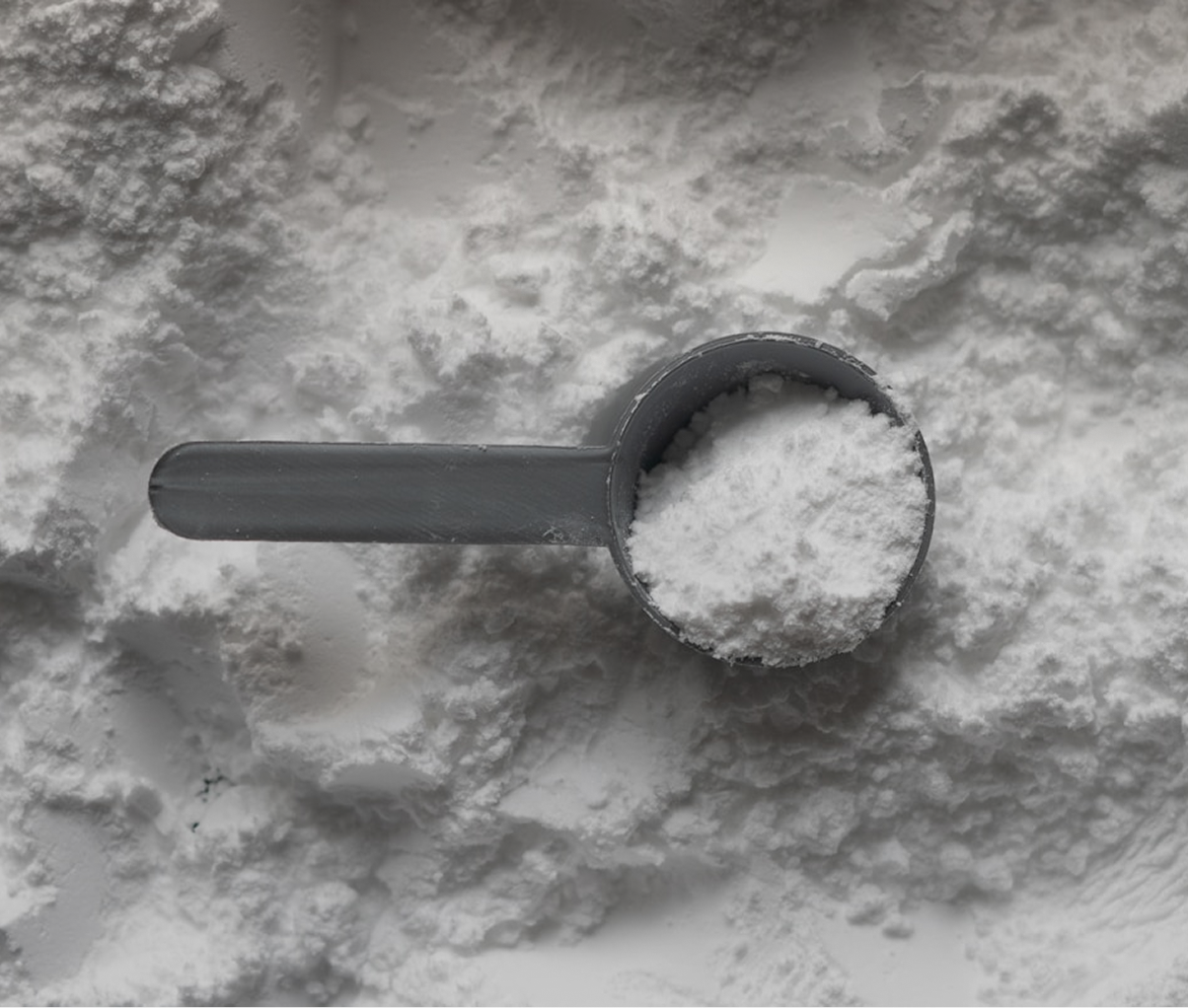
January 16, 2026
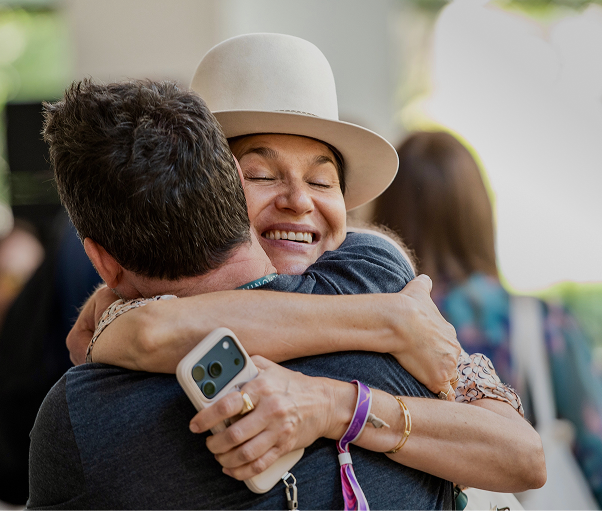
January 9, 2026
